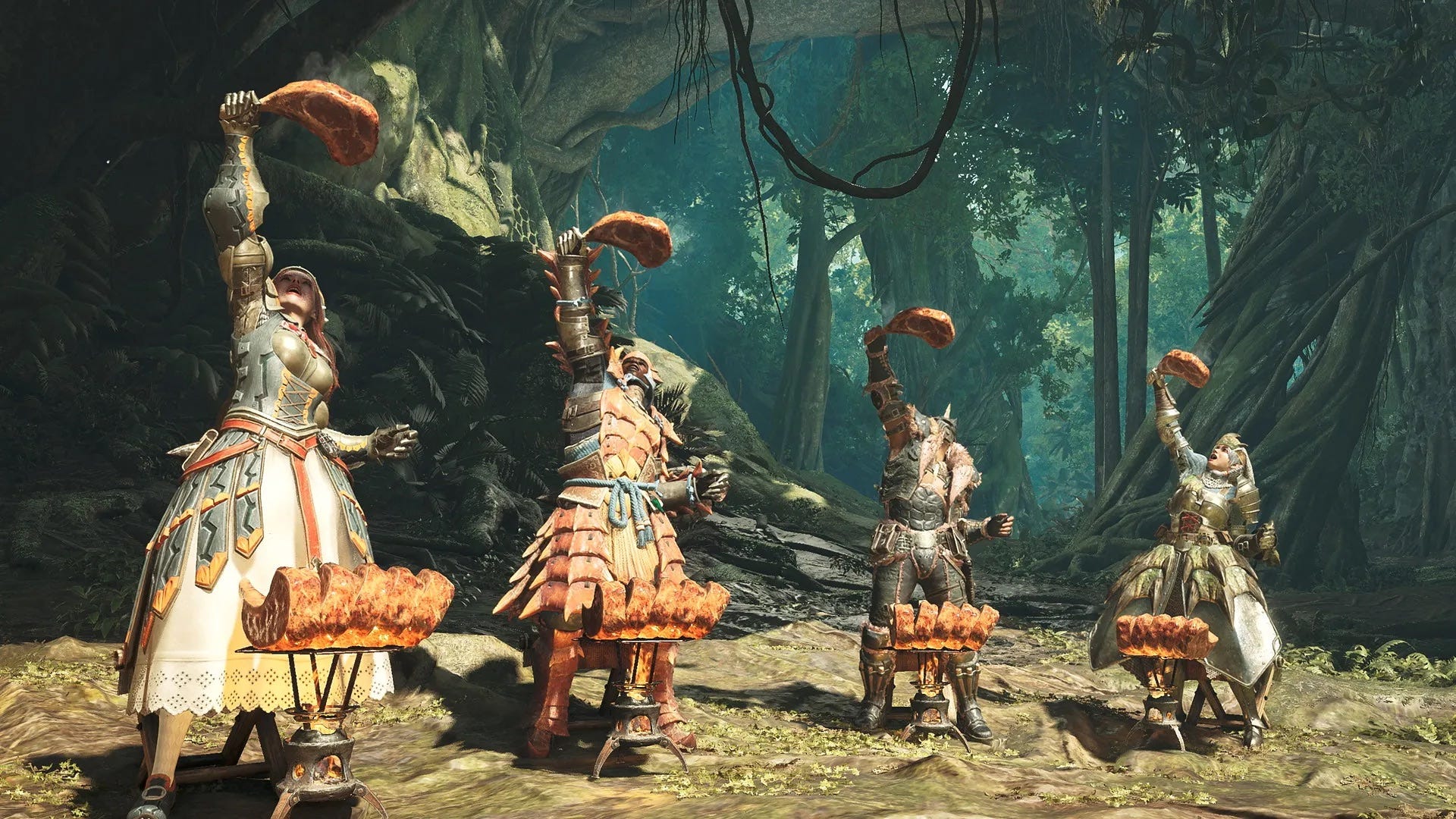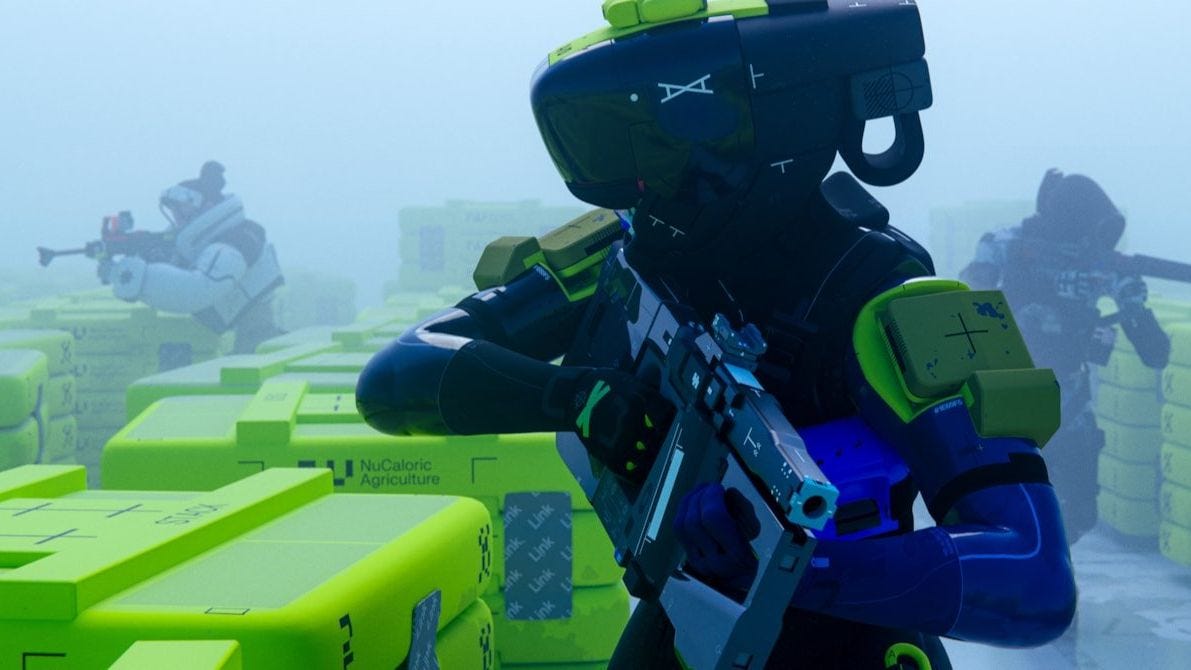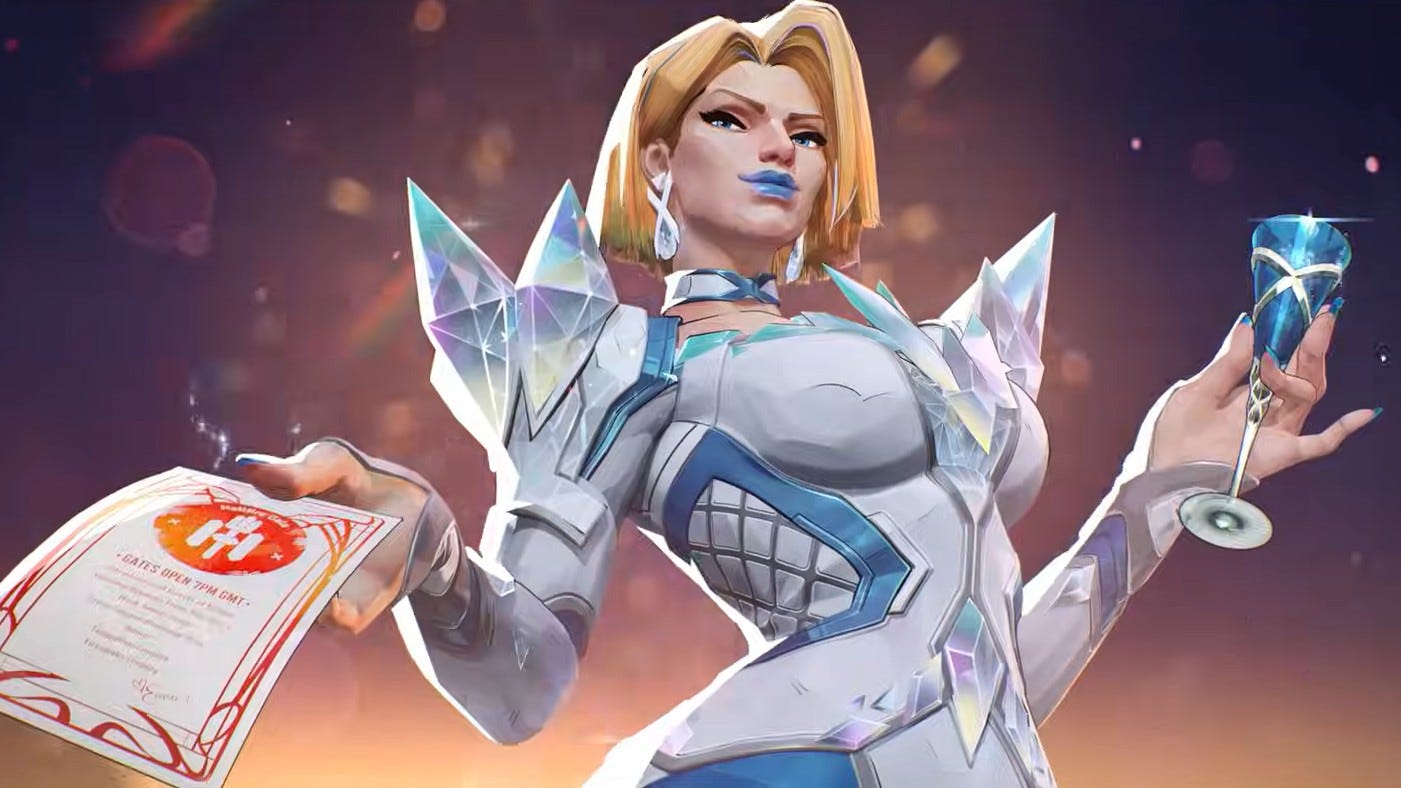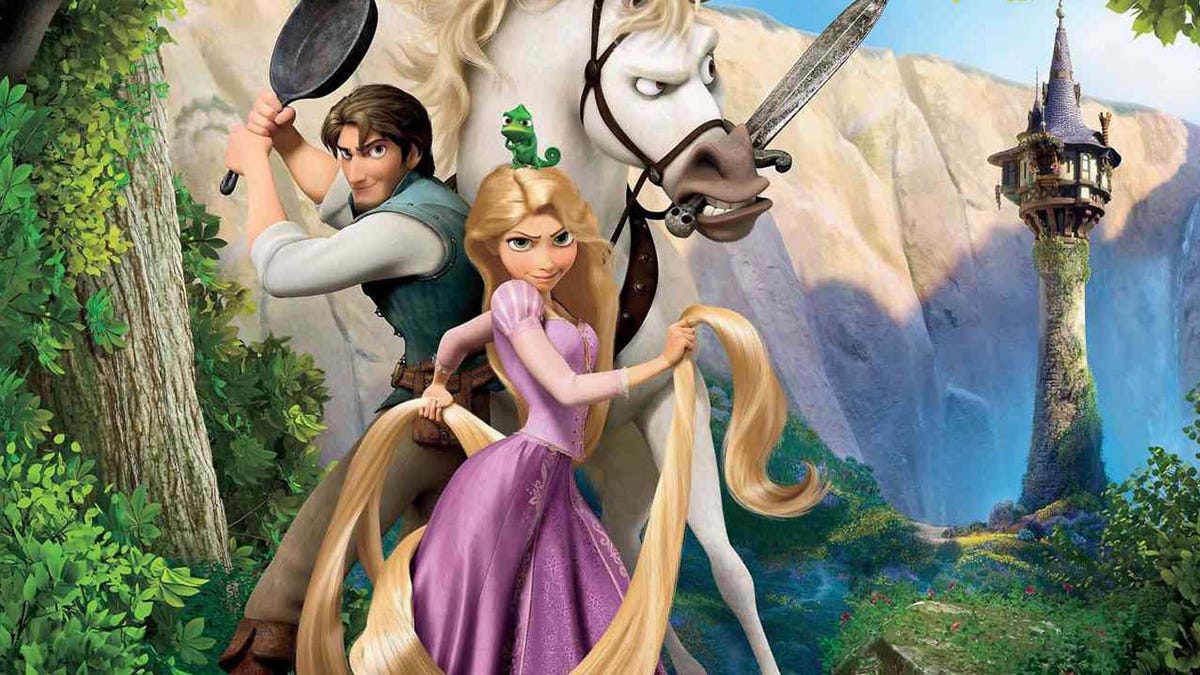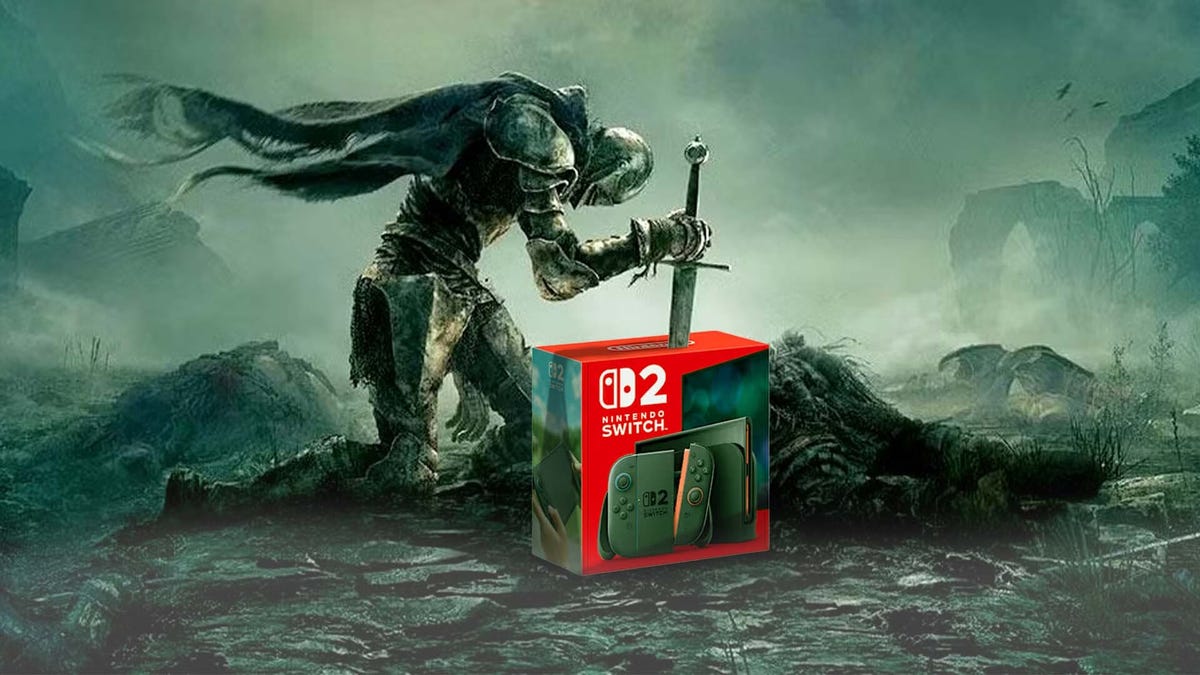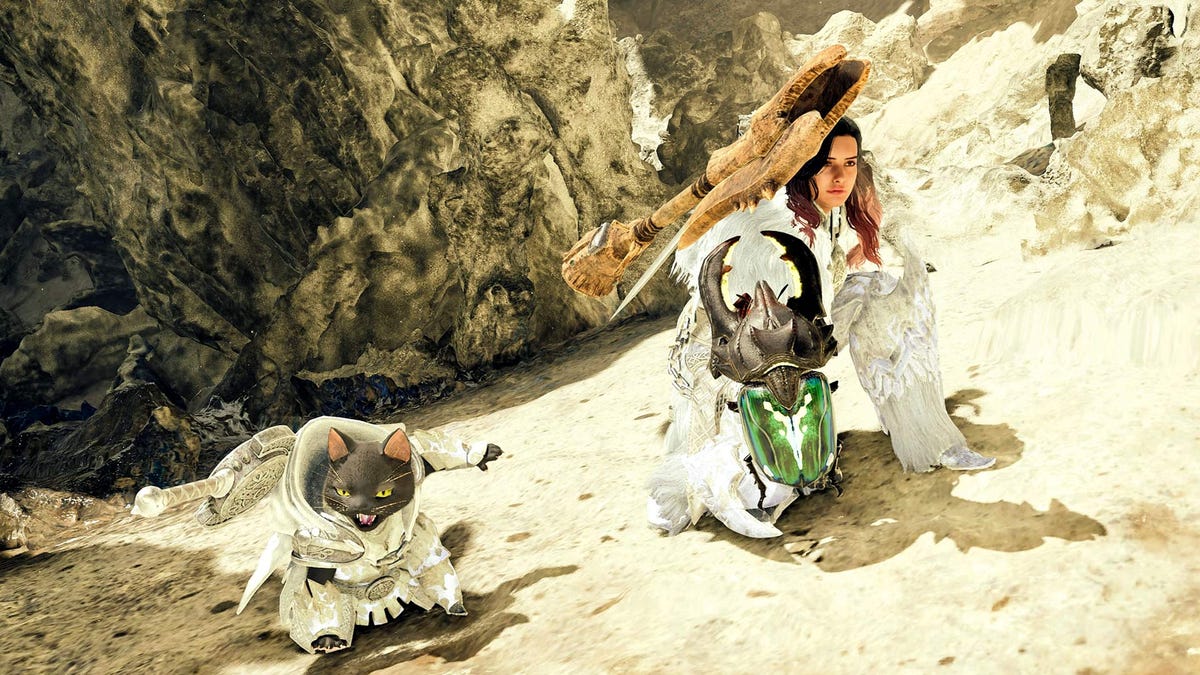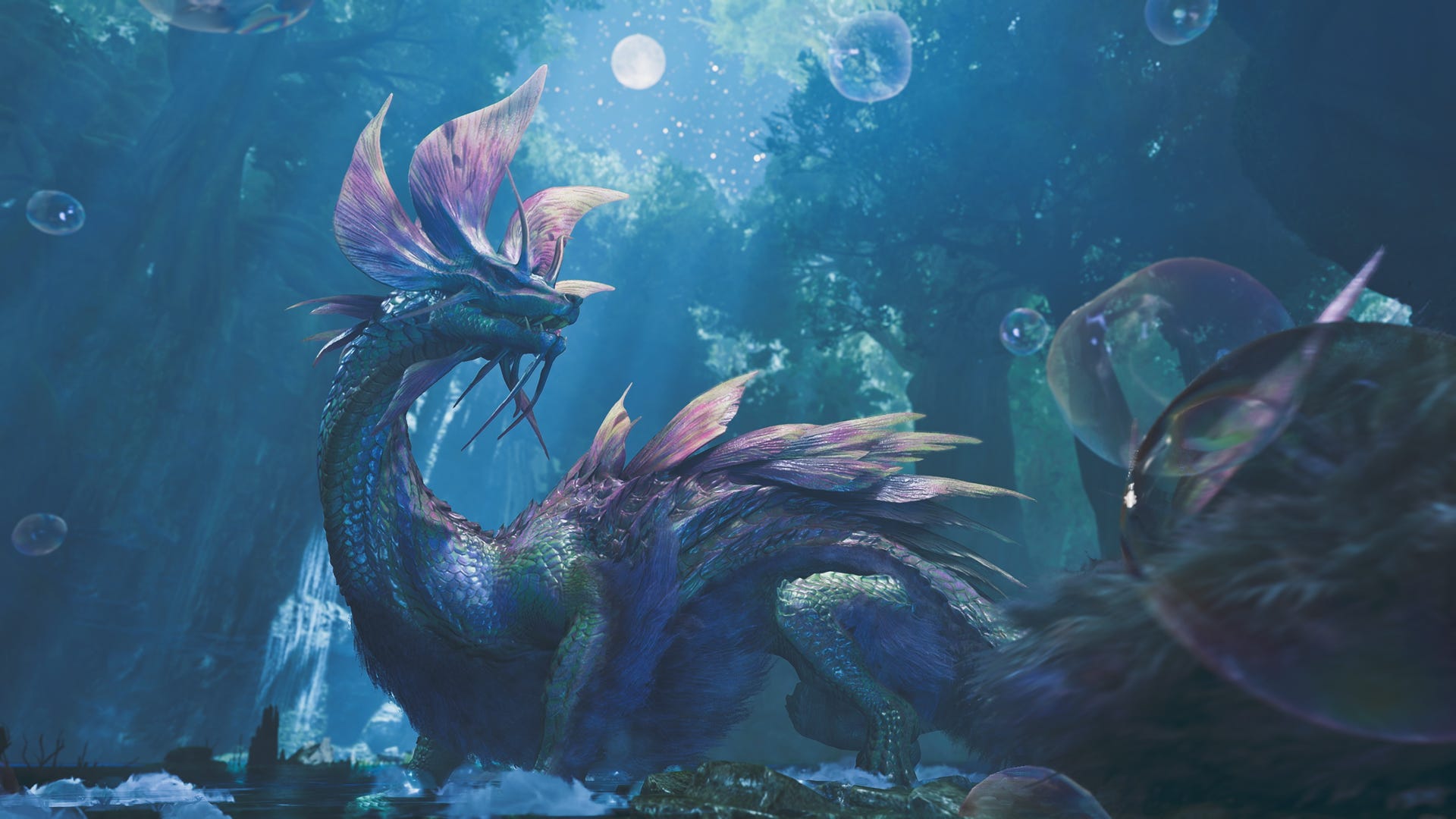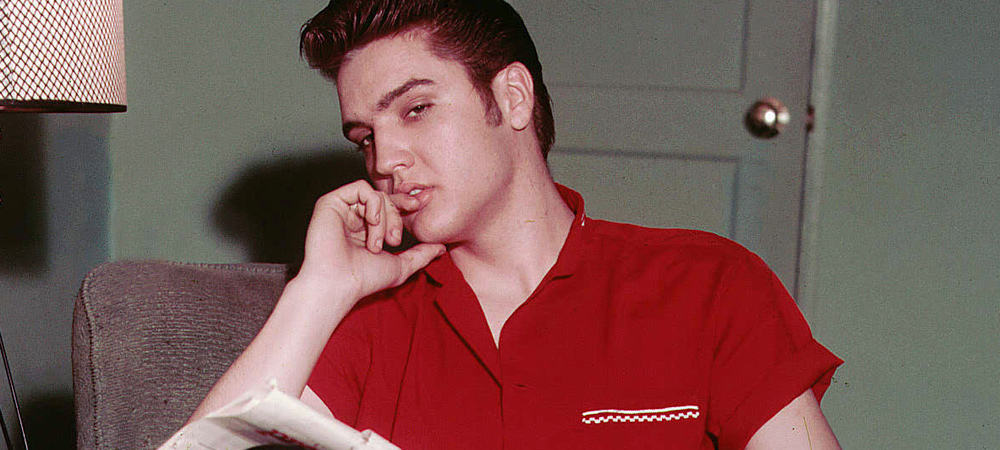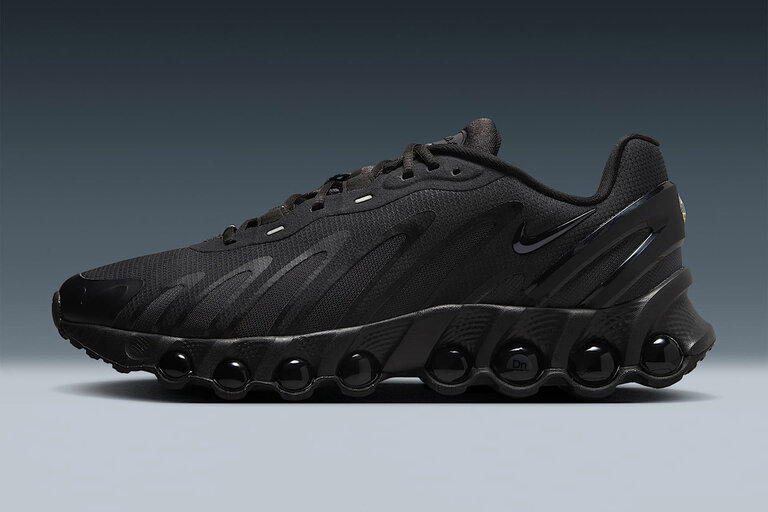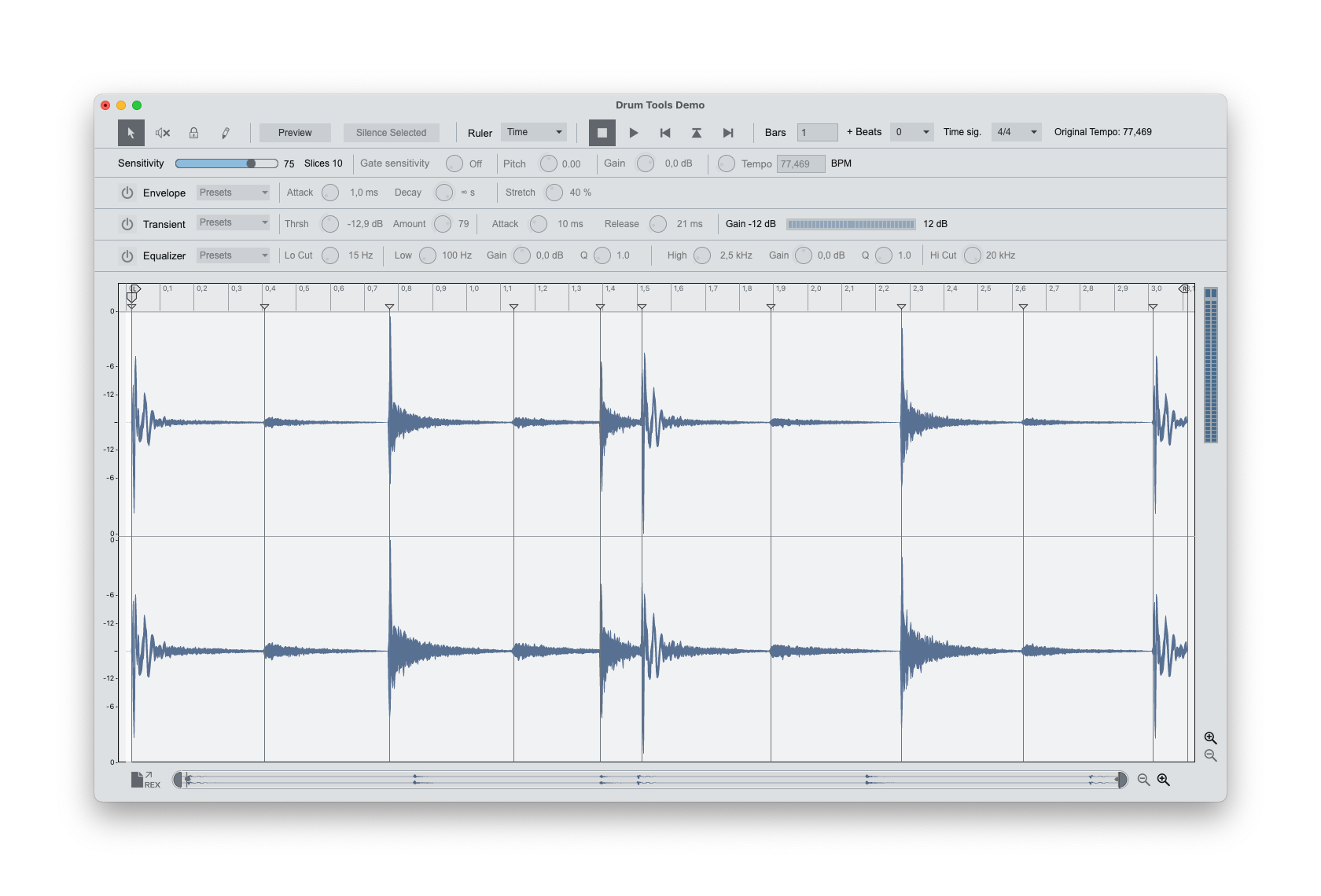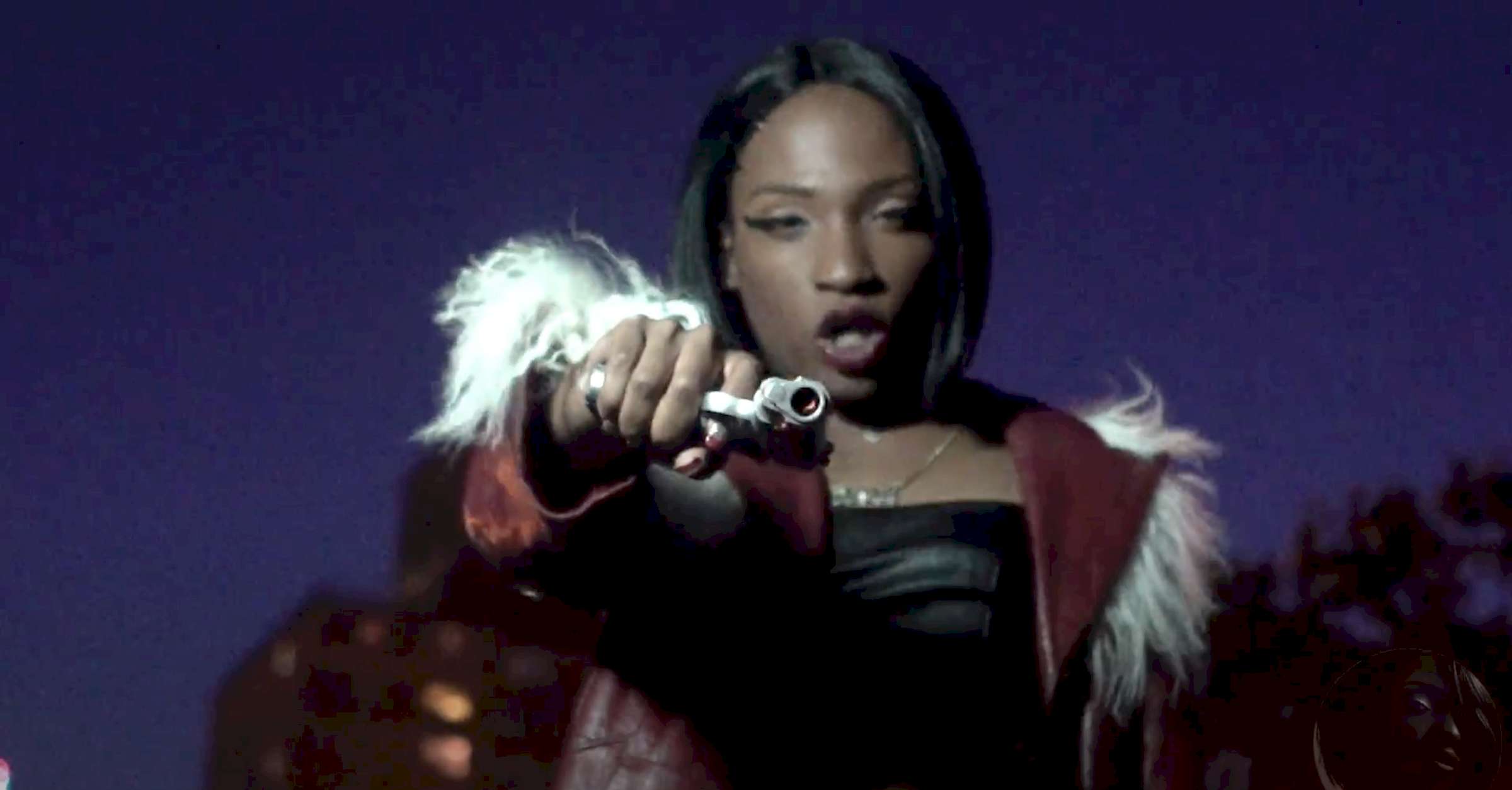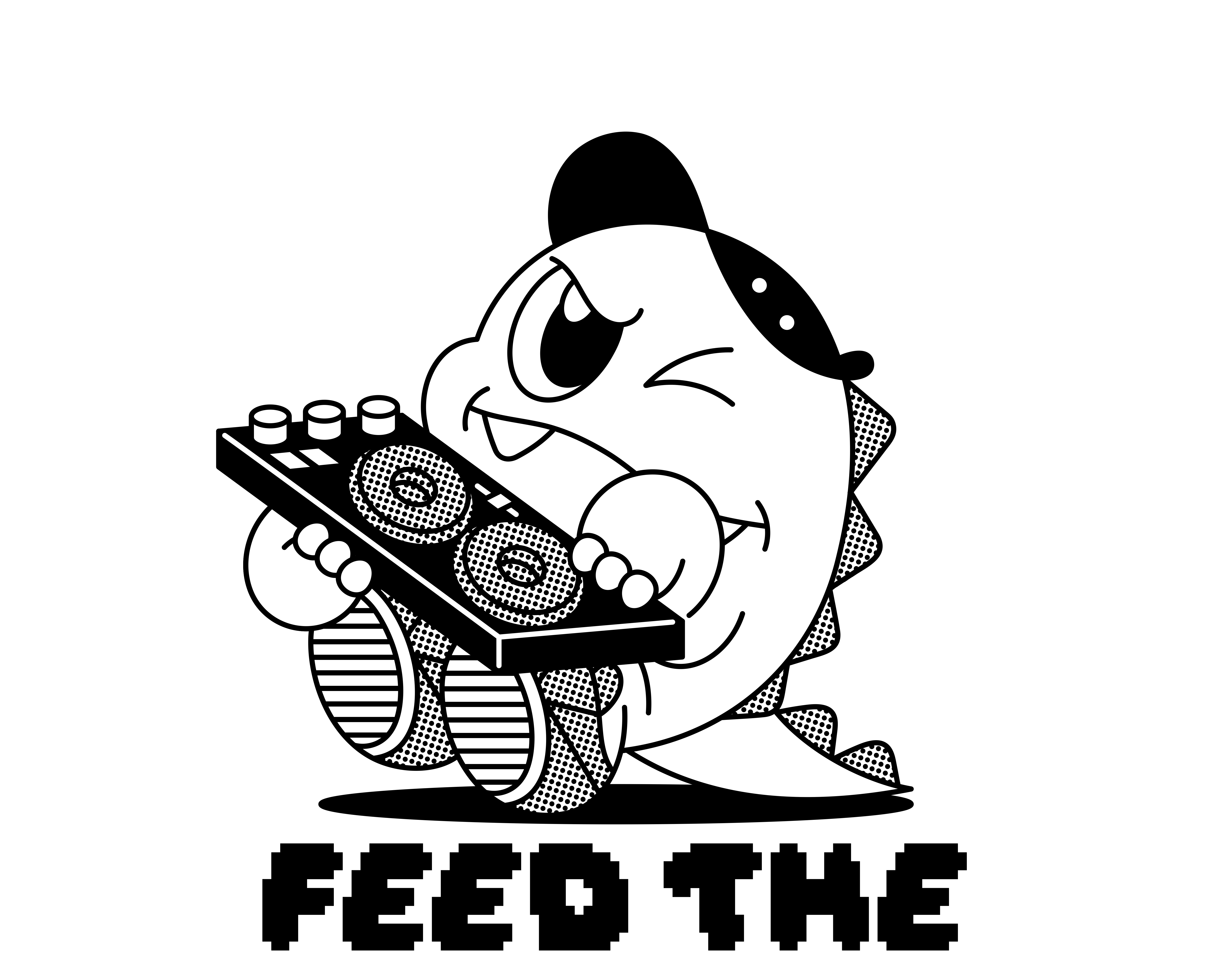25 Great Albums from 1st Quarter 2025
25 albums we love from the first quarter of 2025, including FKA twigs, Deafheaven, Great Grandpa, Horsegirl, John Glacier, Jason Isbell, and more.

April is here, which means we’re over a quarter of the way into 2025 and we’re marking the occasion with a list of 25 albums we love that came out during Q1. To make the list, the album had to come out between January 1 and March 31, and even narrowing this down to 25 wasn’t easy–we love a lot more than 25 albums that came out in that window. Find the list below, presented in alphabetical order.
What’s your favorite album of 2025 so far?

Anxious – Bambi (Run For Cover)
For Anxious singer Grady Allen, their 2022 debut album Little Green House and the endless touring that followed didn’t feel like the start of something; it felt like the culmination of everything the early-twentysomething had been working towards since he formed the band as a young teenager. He needed some distance from music so he enrolled in college–the kind of decision that could easily derail a band’s career. But for Anxious, it actually ended up saving them and it made them even stronger on their sophomore album Bambi.
With Grady needing space, guitarist Dante Melucci contributed more songwriting and stepped into a role that could qualify as co-lead vocalist. On songs like “Head & Spine” and “Bambi’s Theme,” Anxious have some of the most inspired emo dual vocals this side of Tell All Your Friends. Other songs, like the ballad-driven “Some Girls,” find Dante contributing some of the most personal songwriting he’s ever brought to Anxious. When Grady wrote his lyrics, the subject matter that came out was impacted by where he was at in life and with music too, he says, “whether that’s disillusionment with music/hardcore subculture, or my friendships, or intimate romantic relationships.” [A.S.; read our interview for more]

Backxwash – Only Dust Remains (self-released/Ugly Hag)
After wrapping up a trilogy of industrial-tinged rap albums, Backxwash was ready to change it up, and Only Dust Remains couldn’t be more of a bold new direction. As fierce as she sounded over the jagged, abrasive noise of her recent trilogy, she sounds even more powerful on Only Dust Remains, with self-production that favors the lush, soulful, organic backdrop of albums like To Pimp A Butterfly and Electric Circus. Having already referred to the trilogy as “autobiographical,” Only Dust Remains just might be even more devastatingly personal–or at least Backxwash’s ruminations on depression, faith, and personal tragedies as a trans woman come through more loudly and clearly in this setting. But Only Dust Remains doesn’t stop at introspection. On one of its most show-stopping songs, “History of Violence,” Backxwash looks at war, terrorism, and fascism, and calls for the day that Palestine is free. She raps about the suffering of others with the same raw passion as when she raps about her own, her delivery serving as a reminder that the personal and the political are truly never separable. As grand and fleshed-out as its arrangements are, Only Dust Remains retains the grit that Backxwash has always had. It’s elegant but rough around the edges. It reminds me that Backxwash once tweeted “Hoping we can get Kendrick/Trent Reznor one day.” Until then, Only Dust Remains already captures a version of what that might sound like. [A.S.]

Deafheaven – Lonely People With Power (Roadrunner)
It’s easy to interpret the title “Lonely People With Power” as a comment on the billionaire ruling class, and political commentary is obviously part of it, but Deafheaven have always been the type to create art that’s open to multiple interpretations. George Clarke said in a recent interview with Kerrang! that “sometimes ‘loneliness’ is a stand-in for ‘ignorance’ or ‘narcissism’ or ‘spiritual vacancy,'” and that that could apply to various people with various degrees and definitions of “power,” including “close people of influence in our lives: parents, teachers and so forth.” From a more zoomed-out perspective, Lonely People With Power is about looking at the negative ways our lives have been shaped by the people who taught us the most and realizing we aren’t beholden to any particular destiny. It’s a little bit like Kendrick Lamar’s Mr. Morale & the Big Steppers: breaking the generational curse.
Deafheaven’s last album was 2021’s Infinite Granite, a clean-vocal-oriented album that leaned most heavily into shoegaze, post-punk, and dream pop and almost entirely eschewed metal for the first time in their career. Since then, they celebrated the 10th anniversary of their 2013 breakthrough album Sunbather on a tour that had them looking and sounding even more towering than they did back then, and a couple months later they hit the road with the extremely heavy band Knocked Loose. The two tours back to back “reinvigorated that spirit of playing fast and hard,” George told Kerrang!, and for guitarist Kerry McCoy, it sparked “a real vision for bringing back that speed and heft.” Wanting to bring back the weight and extremity of Deafheaven’s early records without turning away from all the new directions they’ve gone in over the years, the band aimed to make an album that represented the entire scope of Deafheaven, and that’s exactly what Lonely People With Power is. [A.S.]

Destroyer – Dan’s Boogie (Merge / Bella Union)
After three albums where Dan Bejar flirted with dance music, he has embraced his inner lounge and cabaret singer on the fourteenth Destroyer album. The record opens with the kind of sweeping strings you might hear at the start of an awards show in the ’70s with Dan is your host for the evening, though he’s the kind that might slide up to you afterwards and ask, “Hey mister, you wanna buy some diamond rings?” Dan’s Boogie presents a world of faded glamour, like a ’40s noir film full of seedy locales and seedier locals. Dan told us he sees this one as “a mix of Poison Season and Your Blues in a lot of ways” and while you can hear that in the songs themselves, the production is like no other Destroyer album. John Collins, who has been Destroyer’s chief sonic architect since ’90s, has really outdone himself here with the sound design. There is something in the atmosphere of these arrangements that makes the room you’re listening in sound three times bigger than it is. Collins shoots the album in widescreen technicolor, allowing us to see the stains of this tableau that would be hidden in black and white — musically speaking, of course — as Dan’s signature word salad style makes your head spin. As with the best Destroyer albums, and this is one of them, don’t worry about the details and meaning. Be like Dan at a Destroyer show: sit back, have a sip of a beverage, and revel in the world of sound he’s created. [B.P; read our interview for more]

FKA twigs – Eusexua (Young/Atlantic)
In the cold days of January, Brat Summer made way for Eusexua Winter. Like the album that dominated 2024’s warmest month, FKA twigs’ latest LP exists at the meeting point between art pop and rave, but with a darker, icier exterior. Its heat radiates from within; eusexua, an FKA twigs-invented portmanteau of “euphoria” and “sexual,” is both the album’s title and its core theme. It’s a rush of feeling, pleasure, and physicality that plays out like a cross between Kate Bush, Erotica-era Madonna, and the post-COVID party era. Primarily co-produced with electronic futurist Koreless (and featuring contributions from Eartheater, 100 gecs’ Dylan Brady, and others), Eusexua splits its time between club-night fever dreams (“Perfect Stranger,” “Room of Fools”), avant-garde excursions (“Drums of Death”), and sensual comedowns (“Girl Feels Good,” “Sticky”). It flirts with J-pop on standout deep cut “Childlike Things” (with rapping in Japanese by Kanye’s 11-year-old daughter North West), and it stops its wild ride for the vulnerable, sentimental closer “Wanderlust,” which feels like it ends with more of a “To be continued…” than a “Fin,” with our narrator leaving us wondering if she’ll wake up Monday morning. It’s a fleeting moment of lucidity amid all the euphoric haze, and it lends itself to playing Eusexua on repeat. As “Wanderlust” fades out and the thumping bass drum of the opening title track comes back in, the rush comes back too strong to worry about Monday morning. [A.S.]

Great Grandpa – Patience, Moonbeam (Run For Cover)
Great Grandpa guitarist Pat Goodwin cites Abbey Road as a parallel to their own new album Patience, Moonbeam, and it might’ve come off as an exaggerated claim if it didn’t fit so perfectly. After releasing their excellent 2019 sophomore album Four of Arrows, Great Grandpa almost did break up. Lead singer Al Menne released their debut solo album Freak Accident in 2023, guitarist Dylan Hanwright pursued a career in production, and two members moved to a different country–not to mention 18 months of lockdown began one day into their planned spring tour supporting Four of Arrows, less than five months after its release. But they gradually reconvened and started writing songs together, with all five members contributing to the songwriting process for the first time in the band’s career, and Dylan handling all the production. About two years later, they’d written an entire new album. Patience, Moonbeam indeed.
We can also largely blame The Beatles for making us want to see rock bands evolve with each new album, and Great Grandpa have spent their entire career thus far on that exact type of trajectory. Having made a significant step forward from their 2017 debut LP Plastic Cough with Four of Arrows, they make at least twice as much of a leap with Patience, Moonbeam. They may have been quiet for five years, but they clearly used that time to turn into an entirely new beast. On Patience, Moonbeam, Great Grandpa sound like a collision between Radiohead, Sufjan Stevens, and Big Thief as they take us on an art rock journey that’s as dizzying and unpredictable as any of those artists. They move from vocoder workouts to folky passages to grungy climaxes to twitchy experimentalism. Chord changes and melodies rarely go where you expect them to. The hook on “Emma” is so good that they had to sing it again on “Doom.” With every member doubling as a vocalist, Patience, Moonbeam sounds as communal and collaborative as the band says the writing process was, with harmony vocals that unveil as many new layers as the instrumental arrangements do. Lead singles “Kid” and “Doom” are mini epics themselves, and in the context of this album, they’re just the tip of the iceberg. [A.S.]

The Great Old Ones – Kadath (Season of Mist)
The title of The Great Old Ones’ mammoth fifth album is a reference to H.P. Lovecraft’s The Dream-Quest of Unknown Kadath, and the structure and flow of the album is said to mirror the classic horror tale, giving Kadath the arc and scope of a vast, immersive concept album. From moments that rival the blackened gothy theatrics of Tribulation (“Me, the Dreamer”) to a 15-minute prog-sludge epic that could sit next to classic Isis (“Leng”), Kadath kicks off on a thrilling note and continues to twist and turn and constantly surprise you. [A.S.]

Greentea Peng – TELL DEM IT’S SUNNY (GTP / AWAL Recordings)
Greentea Peng’s fantastic debut, MAN MADE, was one of 2021’s most underrated album, mixing reggae, hip hop, acid jazz, soul, trip hop and more with her unique psilocybin-enhanced flavor. Four years and one mixtape later she’s done it again. Overseen by Danger Mouse associates St. Francis Hotel and featuring the talents of MAN MADE producer Earbuds, along with Busy Twist and Nat Powers, TELL DEM IT’S SUNNY sounds amazing, and from the opening seconds of “Bali Skit Part 1” you’re dropped into Peng’s woozy, dubby, groovy and immersive world. Where MAN MADE was a reaction to external forces — the death of her father, Covid, Brexit, George Floyd, etc — TELL DEM looks inward. It’s a dark album, how can it not be these days, but she never forgets about the inner light — the “SUNNY” of the title — which radiates out through her expressive, nuanced voice and impeccable molten flow. At times the album plays like early Massive Attack/Tricky if they’d had Amy Winehouse as a muse; it’s very 1995 but also very 2025, with Greentea Peng standing in between, sounding timeless. [B.P.]

Horsegirl – Phonetics On and On (Matador)
One of the most promising bands of the early-’20s, Chicago trio Horsegirl released their first single, signed to Matador, and made their debut album at Steve Albini’s Electrical Audio with John Agnello while still in high school. That record, 2022’s Versions of Modern Performance, is dense and hazy in mostly the right ways — it’s terrific — but their second album is markedly better. A big part of that is Penelope Lowenstein, Nora Cheng and Gigi Reece becoming better, more confident songwriters and performers due to three years of touring and life in general, but another part is for Phonetics On and On they were paired with a kindred spirit in Welsh musician/producer Cate Le Bon. The trio spent two weeks recording with Le Bon at Jeff Tweedy’s The Loft Studio during the dead of winter in what sounds like a warm bubble of open creativity. Where their first album was loud and fuzzy, Phonetics On and On feels like the ceiling was lifted 15 feet, the curtains raised, and the distortion pedals put away, clearing the fog in the process. Horsegirl are still coming at you from odd angles, quieter but not soft. It’s more Young Marble Giants and Electrelane and less Sonic Youth, making for an album that’s easy to let play on repeat all morning long, on and on. [B.P.; read our interview for more]

Huremic – Seeking Darkness (self-released)
Parannoul releases some of the most interesting shoegaze around under that moniker, and the anonymous South Korean artist also sometimes drops music under different monikers as well. This week, that artist surprise-released an album under the name Huremic, and it’s much different from Parannoul. Across five lengthy songs that range between 9 and 14 minutes each, Seeking Darkness offers up long stretches of hypnotic rock music that sounds like a mix of Slint, Swans, Godspeed You! Black Emperor, and Red-era King Crimson. Stereogum points out that the Bandcamp liner notes (translated into English via Google) say the album uses samples from “the Korean traditional music virtual instrument sound source library developed by the Seoul National University Arts and Science Center,” but even with the incorporation of samples, this sounds like a loud, lively rock band. I’ll be honest, those song lengths seemed a little daunting to me, but I was hooked from the minute that mesmerizing bass groove enters on track one, and once it gets going, Seeking Darkness never lets up on the intensity. [A.S.]

Jason Isbell – Foxes in the Snow (Southeastern)
Jason Isbell is on his own again, in more ways than one. Last year, he and fellow musician Amanda Shires divorced after 11 years of marriage that were filled with highly publicized ups and downs, and his first album since the separation finds him without his longtime The 400 Unit. The last time Jason went solo, for 2013’s Southeastern, also followed a monumental period in his personal life, one in which he went to rehab to beat alcoholism forever this time, and also one in which he married Amanda Shires. But that solo album and its 2015 solo followup Something More Than Free still both featured members of the 400 Unit in his backing band, and they were ornately-constructed albums that became Jason’s breakthroughs. On Foxes in the Snow, it’s just Jason and his 1940 Martin 0-17 acoustic with no accompaniment, and it’s a raw, messy album that doesn’t sound like it’s going for anything close to perfection. It sounds like it was meant to capture Jason’s wounds while they were still open, however imperfect or unflattering they may be.
The album’s opening song and lead single is a vintage-style folk-blues dirge called “Bury Me” with a tropey Country Western hook (“I ain’t no cowboy, but I can ride/And I ain’t no outlaw, but I’ve been inside”), so there’s a little escapism in Foxes in the Snow too, but the more the album goes on, the more Jason’s personal life and his new music become seemingly inseparable. On “Eileen,” he holds up a mirror to his own actions (“My own behavior was a shock to me/I never thought I’d have the nerve”). On “Gravelweed,” he ends the chorus with the kind of Isbellian tearjerker that’s made him tug at the heartstrings of so many people for so many years: “I’m sorry the love songs all mean different things today.” On “Don’t Be Tough,” he offers up an “advice” song in the spirit of 2023’s “Cast Iron Skillet.” It sounds like he’s either addressing himself, or his and Amanda’s daughter Mercy, and the wisdom within this one sounds directly inspired by the end of his marriage (“Don’t say ‘love’ unless you mean it/Don’t say ‘sorry’ unless you’re wrong”). By the album’s penultimate song, “True Believer,” he gets unpoetically blunt in a way he rarely does on record: “All your girlfriends say I broke your fucking heart and I don’t like it.” [A.S.]

John Glacier – Like A Ribbon (Young)
UK rapper and producer John Glacier made her 2021 debut full-length SHILOH: Lost for Words when the world was still in lockdown–following a collaborative project with fellow UK rapper Jadasea in 2020, and followed by a project with NYC cloud rap collective Surf Gang in 2023–but now she’s performing for sizable crowds and it’s having an impact on her music. “SHILOH was more of a dampener, so with Like A Ribbon, I wanted to invite new life into people’s perception of me,” she says. “I was thinking ‘how can I interact differently with the crowd?’ and one of the main things was the music I was playing to the crowd.”
Like A Ribbon–an album of material that was rolled out for the past year across a series of EPs–is minimalistic but not clouded in haze the way SHILOH was. It’s quiet but not shy, inviting but not overeager. Even and sometimes especially her most introspective songs, like “Emotions,” “Nevasure,” and “Ocean Steppin’,” are the ones I imagine the most amount of people singing along to. Hard to pin down but easy to like, Like A Ribbon is a melting pot of future garage, UK drill, grime, atmospheric art pop, and more, like a cross between “Paper Planes” era M.I.A. and “Wilhelm Scream” era James Blake. Her Young labelmate Sampha, who played as big a role as James Blake in shaping 2010s future-garage-pop, lends his soaring voice to “Ocean Steppin.'” The album’s other guest is avant-pop oddball Eartheater, who joins Glacier on top of some chopped-up surf guitar on “Money Shows.” Those are two very different but very fitting guests for an album that occupies the space between pop music and the avant-garde the way Like A Ribbon does. It’s subtle, innovative, and also dripping with crowd-pleasing confidence that John Glacier makes look effortless. Now they’re calling her a bitch? You best believe it. [A.S.]

L.S. Dunes – Violet (Fantasy)
L.S. Dunes balked at being called a supergroup from the very beginning, despite having the very supergroup-worthy lineup of Anthony Green (Circa Survive, Saosin, The Sound of Animals Fighting) on vocals, My Chemical Romance’s Frank Iero and Coheed & Cambria’s Travis Stever on guitars, and Thursday’s rhythm section (drummer Tucker Rule and bassist Tim Payne). It’s easy to see why; both their lineup and the music they wrote for their excellent 2022 debut LP Past Lives were a dream come true for fans of 2000s post-hardcore and emo, but the word “supergroup” can sometimes suggest cheesy rock star excess or an over-focus on nostalgia. Especially as a band who have found themselves in environments where they’re one of the only groups performing new music at all, L.S. Dunes have always wanted to be seen as just a band.
And in the two-plus years since Past Lives came out, it feels like they’ve accomplished exactly that. There’s no escaping who the individual members of L.S. Dunes are or what very famous bands they’ve played in, but through years of touring they’ve developed their own unique chemistry that doesn’t sound like Circa Survive + My Chemical Romance + Coheed + Thursday; it sounds like L.S. Dunes. And that chemistry fully reveals itself on Violet. More so than Past Lives, this sounds like a new band whose members also happened to play in older bands. It does often scratches a familiar itch but it also feels like something new for everyone involved, something that stands out from every other record these five musicians have ever been part of. It has its moments of post-hardcore chaos (“You Deserve To Be Haunted”) but they’re outnumbered by moments that take the band into slower-paced, ethereal, alternative rock territory. “Paper Tigers” sounds like a Smashing Pumpkins/Pixies hybrid with Anthony Green singing, and I don’t think I’ve ever heard another song that I’ve described with those words in that order. Anthony’s voice in particular is the most instantly-recognizable part of this album, just because his tone and delivery are so unique, and you can hear all the same drive and passion in it that you’d hear on any of the widely-loved records he sung on 15-20 years ago. He and every other member of L.S. Dunes really do sound like they’ve come together to push themselves into new places on Violet, and that’s why it sounds as fresh as all the members’ other bands did in their early years. The individuals have been around, but this band is new, and they sound like it. [A.S.]

Lady Gaga – Mayhem (Streamline/Interscope)
After 2013’s divisive Artpop, Lady Gaga seemed dead set on doing anything but making more of the sinister synthpop that defined her instant-classic early years. She tackled country, jazz, soundtrack albums, acting–you name it–and she did it all with care and finesse, proving to be not just a pop music fad but a true renaissance woman. As impressive as it all was, a lot of us craved to hear just a little more of where The Fame and Born This Way came from, and we finally got that on 2020’s Chromatica, an album that saw Gaga returning to dance-pop on her own terms. It didn’t have a single song as world-conquering as “Bad Romance” or “Poker Face,” but as a full album, it was the kind of near-filler-less artistic statement that Artpop was poised to be. Five-ish years later, we got the new singles “Disease” and “Abracadabra” that sounded even more overtly like Old Gaga, and now those songs and 12 others make up her new album Mayhem, which picks right up where Chromatica left off. Like its predecessor, Mayhem is more art pop than Artpop; it embraces the synth-fueled sounds of her early days in a way that feels more personal than even her most classic singles. “Disease” and “Abracadabra” are the first two songs on the album, and from there it goes deeper and deeper into Gaga’s tasteful love of pop music as she channels Prince, Bowie, New Order, Daft Punk, and Nine Inch Nails through her own distinct lens. She made the whole album primarily with Andrew Watt (Rolling Stones, Ozzy Osbourne), Cirkut (Miley’s “Wrecking Ball,” Charli XCX’s Brat), and her partner Michael Polansky, and one song is a collaboration with French electronic wiz Gesaffelstein (and that’s not the only song with a clear French house influence). Mayhem isn’t without filler–“How Bad Do U Want Me” sounds like an undercooked Taylor Swift imitation, and the chart-topping, Grammy-winning Bruno Mars duet “Die With A Smile” feels tacked on just because it’s already so popular–but for the most part, this is the kind of album-oriented, artistic pop music that Lady Gaga was born to excel at. [A.S.]

Marie Davidson – City of Clowns (DEEWEE)
“I want your data!” Marie Davidson, who is one half of Montreal coldwave duo Essaie Pas, has made the underground club record of the year so far — a sleek, sexy, banger-filled electronic album that is also a defiant condemnation of our screen-addled times. She’s having her cake and eating it too, all while offering us a bite before yanking it away, throwing it on the floor and dancing all over it. Helping her achieve this are her Essaie Pas partner, Pierre Guerineau, and co-producers Stephen and David Dewaele of Soulwax (whose label, DEEWEE, also released the album). As with her previous records, Davidson and Guerineau have a clear idea of what she wants sonically, and there are elements of techno and minimal wave here, but this time the mid-’80s are a big influence, from underground scenes like industrial subgenre EBM and Belgium’s New Beat to high concept artists like Will Powers. Here’s where the Dewaeles’ input shines. City of Clowns sounds amazing, gleaming like polished steel, still minimal yet brutalist skyscraper huge, and every sonic element matters. It’s an instant dance classic, a concept record that works even without knowing that there is one, and may even make you dance while doing the dishes. [B.P.]

Patterson Hood – Exploding Trees & Airplane Screams (ATO)
Drive-By Truckers have been in the air lately. Their classic 2004 album The Dirty South got an acclaimed, comprehensive 20th anniversary reissue in 2023 and the band is regularly cited as an influence on the current indie-country boom (including on MJ Lenderman, who recently joined them on stage), not to mention former Drive-By Trucker Jason Isbell continues to spread the band’s gospel by playing some of his old DBT songs on tour to his crossover audiences. And now, co-founder Patterson Hood has released his first solo album in 12 years, which includes guest vocals from two leaders of the indie-country boom, Waxahatchee’s Katie Crutchfield and Wednesday’s Karly Hartzman, the latter of whom he refers to as “my favorite new band.” There’s also a duet with new-gen country rocker Lydia Loveless, producdtion from The Decemberists’ Chris Funk, and contributions from Kevin Morby, Brad & Phil Cook, Los Lobos’ Steve Berlin, David Barbe, Stuart Bogie, Patterson’s DBT bandmates Brad Morgan & Jay Gonzalez, The Decemberists’ Nate Query, and more.
Like his last solo album, 2012’s Heat Lightning Rumbles in the Distance, a lot of people play on Exploding Trees & Airplane Screams but it very much feels like a solo album. As a solo artist, Patterson often tones down the harder-edged Southern rock elements of DBT, and this time he did that by trying out something new: writing the album primarily on piano and recording the piano parts himself. He’s also got some gentle acoustic guitar, the occasional fuzzed-out electric, horns, vintage analog synths, and some sweeping string arrangements, and he came out with a collection of gorgeously melancholic songs that could fit on early ’70s Neil Young albums. Patterson refers to it as sort of an unintended concept album revolving around themes of his youth, and you can hear a sense of nostalgic longing in his voice, which sounds wearied and wide-eyed all at once. The timely guests will probably help bring a little more attention and maybe a new generation of listeners to the album, and if that is in fact the case, Exploding Trees & Airplane Screams will introduce any curious newcomers to what DBT’s diehard fanbase have been wowed by all along: one of the most consistent songwriters in 21st century Americana. [A.S.]

Perfume Genius – Glory (Matador)
It’s a tale as old as time, but getting famous (even indie-famous) doesn’t usually make the internal struggles go away; if anything, it usually finds a way to amplify them even more or add new ones. It’s something Mike Hadreas reckons with right at the top of his latest album as Perfume Genius when he asks, “What do I get out of being established?” and then adds, “I still run and hide when a man’s at the door.” He calls this his “most directly confessional” album, which seems like a difficult claim to make for an artist who almost always writes directly confessional albums, but there’s no doubt that this one pulls back some of the curtains that might’ve been put up on his more recent records. It’s the first “proper” Perfume Genius album since 2020’s Set My Heart On Fire Immediately, which was rolled out right around the time the world went into lockdown, and it feels inseparable from the heightened state of anxiety that a lot of us have found ourselves in these past five years. It’s also the earthiest-sounding Perfume Genius album since his 2012 sophomore LP Put Your Back N 2 It, following various ambitious art pop turns and the choreography-soundtracking excursion of 2022’s Ugly Season. Backed by a tight-knit band–including three members of Hand Habits (HH leader Meg Duffy, guitarist Greg Uhlmann, bassist Tim Carr), veteran drummer Jim Keltner, and bassist Pat Kelly–Glory often sounds like a rock band playing in a room, with enough folky acoustic guitars to give the album a down-to-earth bareness. There’s also plenty of Mike Hadreas’ trademark somber piano playing and rich embellishments like flute and guest vocalist Aldous Harding, and Hadreas moves through it all with a grace that looks more and more effortless with each passing album. It might be his most stripped-back since his early years, but it’s not a return to a past form. Like every single Perfume Genius album before it, it’s a clear step forward and a distinct new era. [A.S.]

Pink Siifu – BLACK’!ANTIQUE (Dynamite Hill)
Pink Siifu has released a lot of good albums over the past decade or so, and BLACK’!ANTIQUE instantly comes off as one of his most earth-shattering. As cliché as it is to call an album a “journey” or a “trip,” I can’t think of a more accurate way to describe BLACK’!ANTIQUE. In its first three songs alone, the hour-and-17-minute album swings from the kind of wall-shaking rap song that Timbaland or The Neptunes might’ve produced in the 2000s to eardrum-bleeding noise punk to heart-pounding club-rap, lurching like a ship in a treacherous storm that never capsizes. Eventually, the waters settle, and we find ourselves drifting between dimly-lit trap, smoky psychedelia, and deconstructed boom bap, with more than a few glitched-out shakeups in between. You can find yourself getting even more lost in the calmer moments than the chaotic ones; it’s often this album’s serene vibe shifts that can you leave you wondering, “Where am I?”
Accompanying Siifu on this mission is an ensemble cast of guest vocalists and producers from in and around the world of underground hip hop, including Fatboi Sharif, Liv.e, Bbymutha, B L A C K I E, Ho99o9, 454, HiTech, WiFiGawd, Kal Banx, Turich Benjy, iiye, Big Rube, Monte Booker, Roper Williams, and at least 30 others, and they come together to create something maximalist and communal. The guests come off like they were brought in as collaborators playing a small part in something bigger; not to deliver individualistic guest verses. The album functions as a genre-busting experiment, but it also frequently embraces time-tested hip hop traditions. Out-there records like these sometimes lose their charm after the initial shock wears off, but BLACK’!ANTIQUE sounds even better the second time. [A.S.]

Pissgrave – Malignant Worthlessness (Profound Lore)
The balance of immediacy and extremity is the key to the Pissgrave experience. In one of the vanishingly rare and brief interviews the band has given (from 2015, if you’re wondering just how rare,) they describe their desire to create ‘reality-based death’. This approach is why it works, the concrete and dirt mangled through their music wouldn’t be as impactful attached to a prog-death concerto about aliens: life and death are the subject matter, the surface, and the substance, as it was on Suicide Euphoria and Posthumous Humiliation, and so it is on Malignant Worthlessness.
Seconds into “In Heretic Blood Christened”, and what you wanted from this album has been handed to you, the sense of hellish energy entirely preserved, the sound impressively consistent other than a new and sparingly deployed fondness for echo. What this reliability in sound does is allow us to focus on the songwriting, and it’s in this regard the band retains their greatest creative strength: from the tremolo parts on “Three Degrees of Darkness” that you will have you whistling a Pissgrave song, to the stop-start dynamics and pauses on “Dissident Amputator”, and the downward stomp of the title track’s lead riff: when faced with the level of craft and genre understanding here, Pissgrave transcend the other extreme signifiers of their existence, and become the ugliest, deadest death metal you’ve ever heard. And they do it all with sound. [Luke Jackson]

Rwake – The Return of Magik (Relapse)
Are we in the midst of a mini resurgence of aughts-era psychedelic Southern sludge? Kylesa are back for their first shows in nearly a decade, Baroness are doing a Red & Blue tour, and Little Rock, Arkansas’ Rwake have just released their first album in nearly 14 years, following some recent comeback shows with their Little Rock neighbors Pallbearer. Not to mention ’90s forebears Acid Bath are back for their first shows in nearly 30 years.
On The Return of Magik, the dual vocals of Chris Terry’s guttural roars and Brittany Fugate’s piercing shrieks sound as urgent and inspired as ever, and their softer moments of spoken word and hushed clean singing are just as impactful. With new lead guitarist Austin Sublett and the recorded debut of guitarist John Judkins (who joined shortly after Rest came out, but met Rwake when his old death metal band Denial of Grace opened for them in 1997), there’s both a freshness and a comforting familiarity to all the prog-psych-sludge riffage, and the longtime rhythm section of drummer Jeff Morgan and bassist Reid Raley remains absolutely gut-punching. Rwake make their Southern birthplace known by weaving elements of alt-country throughout the album and incorporating a spoken word segment by Jim “Dandy” Mangrum of the veteran Southern rock band Black Oak Arkansas, and lyrically the album reckons with distinctly Southern imagery, from witches in the woods to the towering presence of the Southern Baptist Church. On top of sounding as badass as it does, The Return of Magik resonates because it’s so incredibly vivid. [A.S.]

Sharon Van Etten & The Attachment Theory – Sharon Van Etten & The Attachment Theory (Jagjaguwar)
Over 15 years and six albums into her career, Sharon Van Etten has started a band. The seeds for The Attachment Theory were planted within the synth-fueled songs of Sharon’s 2019 album Remind Me Tomorrow, and the band’s rhythm section (drummer Jorge Balbi and bassist Devra Hoff) entered her musical orbit when she was putting a backing band together for the year-long tour behind that album. Then came COVID, Sharon’s darker 2022 album We’ve Been Going About This All Wrong, and a new touring member–Teeny Lieberson of Here We Go Magic, TEEN, and Lou Tides–and when the band finished rehearsing for their 2022 tour, Sharon did something she’d never done before: she asked the band to jam. There was no intention behind it at the time, but after they quickly ended up writing two songs together, Sharon started to see her next musical chapter unfolding before her eyes.
Those songs, “I Can’t Imagine (Why You Feel This Way)” and “Southern Life (What It Must Be Like),” are now two of the 10 songs on The Attachment Theory’s self-titled debut album. And “Sharon Van Etten & The Attachment Theory” isn’t just a campy name; it’s a truly collaborative album, recorded live by four people with a ton of chemistry who all brought their unique voices to the table. Even the production process was collaborative, with producer Marta Salogni (Björk, Depeche Mode, FKA twigs, etc) setting up in the room with the band and co-producing it with all four members. Coming off the written-in-isolation We’ve Been Going About This All Wrong, the difference is immediately clear. Sharon Van Etten & The Attachment Theory reflects the release of all the pent-up, post-lockdown energy, the anger directed at a world that’s still full of apocalyptic doom, and just a glimmer of hope. It goes further down the synth-fueled rabbithole, and the songs are powered by a propulsive post-punk backdrop that moves from the Cure-ish layers of “Idiot Box” to the proto-shoegaze of “Indio” to the hard-edged funk-punk of “I Can’t Imagine (Why You Feel This Way),” all delivered with a kind of telepathic momentum that only comes from a group of people feeding off of each other. (As with so many great post-punk bands, the secret weapon is Devra Hoff and her gut-punching basslines.) It’s the loudest, hardest Sharon Van Etten album yet, and her trademark singing and songwriting never gets lost in all the noise. If anything, the power of the band only elevates Sharon’s songs even more. [A.S.; read our interview for more]

Sunny War – Armageddon in a Summer Dress (New West)
Folk and punk have long gone hand in hand. They’re both music of the people, with a low barrier of entry; if you’ve got a few chords and something to say, you’re in. “To me it’s the same kind of music,” says singer/songwriter Sunny War. “Folk used to be very anti-establishment. Pete Seeger, union songs, Woody Guthrie—that’s punk rock shit. It’s all about being an outsider.” The shared DNA of both styles of music was a guiding light on Sunny’s last album, down to the title Anarchist Gospel, and she explores that space even more overtly on her new one, Armageddon in a Summer Dress.
Produced once again by Andrija Tokic (Alabama Shakes, Hurray for the Riff Raff, etc), Armageddon has four guest vocalists: two punk legends (Steve Ignorant of Crass and John Doe of X) and two folk singers (Valerie June and Tré Burt), all of whom make perfect pairs with Sunny’s own expressive voice. In her own words, she wrote these songs with “a badass five-piece band” in mind, and it’s brimming with a gritty full-band energy that her earlier records only hinted at. It’s an album that can be overtly anti-establishment (“Walking Contradiction” with Steve Ignorant), surreal (“Ghosts”), and personal (“No One Calls Me Baby”), and it all comes down to Sunny having those things that have always made folk and punk so timeless and powerful: a few chords and something to say. [A.S.]

Weatherday – Hornet Disaster (Topshelf)
“This is a scene with a lot of heart,” Weatherday’s sole member Sputnik sings over and over towards the end of “Green Tea Seaweed Sea.” I’m not 100% sure if they’re talking about the DIY emo scene, but it’s pretty easy to read it that way. When the Swedish artist first stirred up buzz for their 2019 debut album Come In, they weren’t really involved in any scene at all. Since then, they put out a collab EP with Seoul artist Asian Glow (who’s also a collaborator of Weatherday’s Topshelf labelmate Parannoul) and a four-way split with US bands Oolong, Michael Cera Palin, and Camp Trash. They also came over to the US to share stages with all three of those bands, as well as others like Newgrounds Death Rugby, Your Arms Are My Cocoon, Ben Quad, and Hey ily!, all the while finding a place in a scene that stretches all across the globe but feels tight-knit thanks to the power of the internet. Weatherday also, as Sputnik recently told Eli Enis in an interview for Stereogum, got even more into emo. “On Come In, I didn’t know how to do a lot of the [emo] tropes,” they said. “Otherwise I would have had more Midwest emo tropes, a lot more twinkling and stuff like that.”
On sophomore album Hornet Disaster, the Midwest emo tropes are a lot more overt, and they’re stirred into a melting pot that stretches from explosive noise pop to shambolic bedroom folk. It’s one of the most interesting new emo albums I’ve heard in a while, and despite Sputnik themselves using the word “trope,” it really doesn’t neatly fit in with any established wave or offshoot of the genre. It’s spiritually similar to post-emo genre-blurrers like Home Is Where and glass beach, as ramshackle and noodly as Cap’n Jazz and Algernon Cadwallader, and often as sweetly melodic as emo-popsters like Modern Baseball and Taking Back Sunday. It captures all of those thrills, and it still never sounds like any one of those bands in particular. [A.S.]

The Weeknd – Hurry Up Tomorrow (XO/Republic)
As the finale to an album trilogy that began with 2020’s After Hours and 2022’s Dawn FM, Abel Tesfaye also said this might be his last album as The Weeknd, and it sure sounds like it is. “The Weeknd” is a character, but Abel Tesfaye is a person, and on Hurry Up Tomorrow, it sounds like the latter is throwing the former’s funeral.
Hurry Up Tomorrow opens with The Weeknd, alone with his legacy, “no afterlife, no other side.” As the album goes on, he wrestles with the indulgent highs of fame as well as the dark undercurrent. It’s a whiplash of sex, drugs, and demons set to the most interesting production of The Weeknd’s career, a melting pot of new wave, industrial, noise, R&B, and soul-sample-infused hip hop. Most songs have co-production from The Weeknd himself and Mike Dean, the veteran producer whose work here most closely resembles the post-genre intensity he helped bring to Kanye West’s Yeezus. Other contributors include Oneohtrix Point Never, Justice, Metro Boomin, Max Martin, and Pharrell Williams, and there’s one song with the legendary Giorgio Moroder (“Big Sleep”), though Moroder’s influence is omnipresent throughout. Abel’s MJ-inspired wail sounds as angelic as ever, and his songwriting has never been more personal. [A.S.]

Youth Lagoon – Rarely Do I Dream (Fat Possum)
Childhood, family, and grainy nostalgia have been part of Trevor Powers’ Youth Lagoon project since the very beginning. On his 2011 bedroom pop debut album The Year of Hibernation, he sang, “When I was seventeen, my mother said to me, ‘Don’t stop imagining. The day that you do is the day that you die,'” and he’s carried that wide-eyed whimsy throughout his his career, despite some sobering realities that threatened to halt his musical output for good. On his latest album, Rarely Do I Dream, he returns to his childhood home and goes even further back in history. After wrapping up his tour behind 2023’s Heaven Is A Junkyard, Trevor found a shoebox full of home videos from his childhood in his parents’ basement, and those videos became a core source of inspiration as he began writing Rarely Do I Dream, which is peppered with audio samples from the tapes. The Year of Hiberation captured Trevor at the dawn of his twenties, surrounded by his bedroom walls, and with this new album, he says he “wanted to really make someone feel like they were inside [his] living room in 1993, but rearrange the furniture a bit.” With that goal in mind, he crafted an album that taps into the homey, nostalgia-inducing bedroom pop of his instant-classic debut, but warps it with the psychedelia, art rock, and Americana tendencies that he honed on Youth Lagoon’s three subsequent albums. Rarely Do I Dream is a musical reinvention, just like every Youth Lagoon album has been, but it also feels like Trevor is embracing a familiar comfort zone rather than pushing himself to get out of one, as he’s done in the past. These songs feel as natural and personal to Trevor Powers in his mid thirties as The Year of Hibernation did to Trevor in his early twenties. The latter was a coming-of-age piece driven by a character on the cusp of leaving home, and this new one embodies the feeling of stopping back in 15 years later, dusting off some old boxes, and seeing it all a little differently than you ever have before. [A.S.]
—
SEE ALSO: 50 Albums We’re Anticipating for Spring 2025
Browse the Notable Releases and Bill’s Indie Basement archives for even more album reviews from this year.
![Extended Superman Clip Shown To Audiences At CinemaCon [UPDATE: Now Here]](https://lrmonline.com/wp-content/uploads/2024/12/Superman-Trailer-2-1024x832.png)

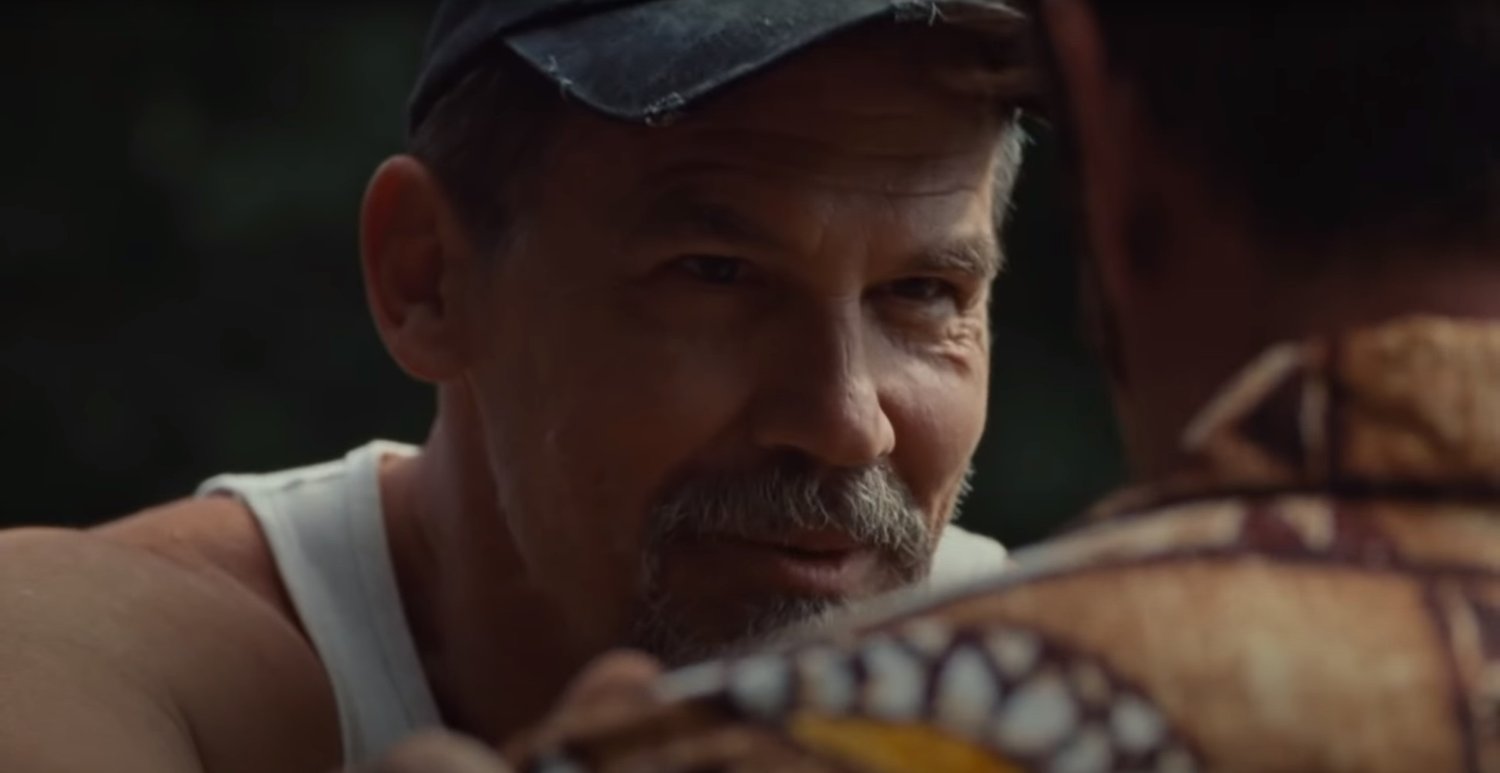
















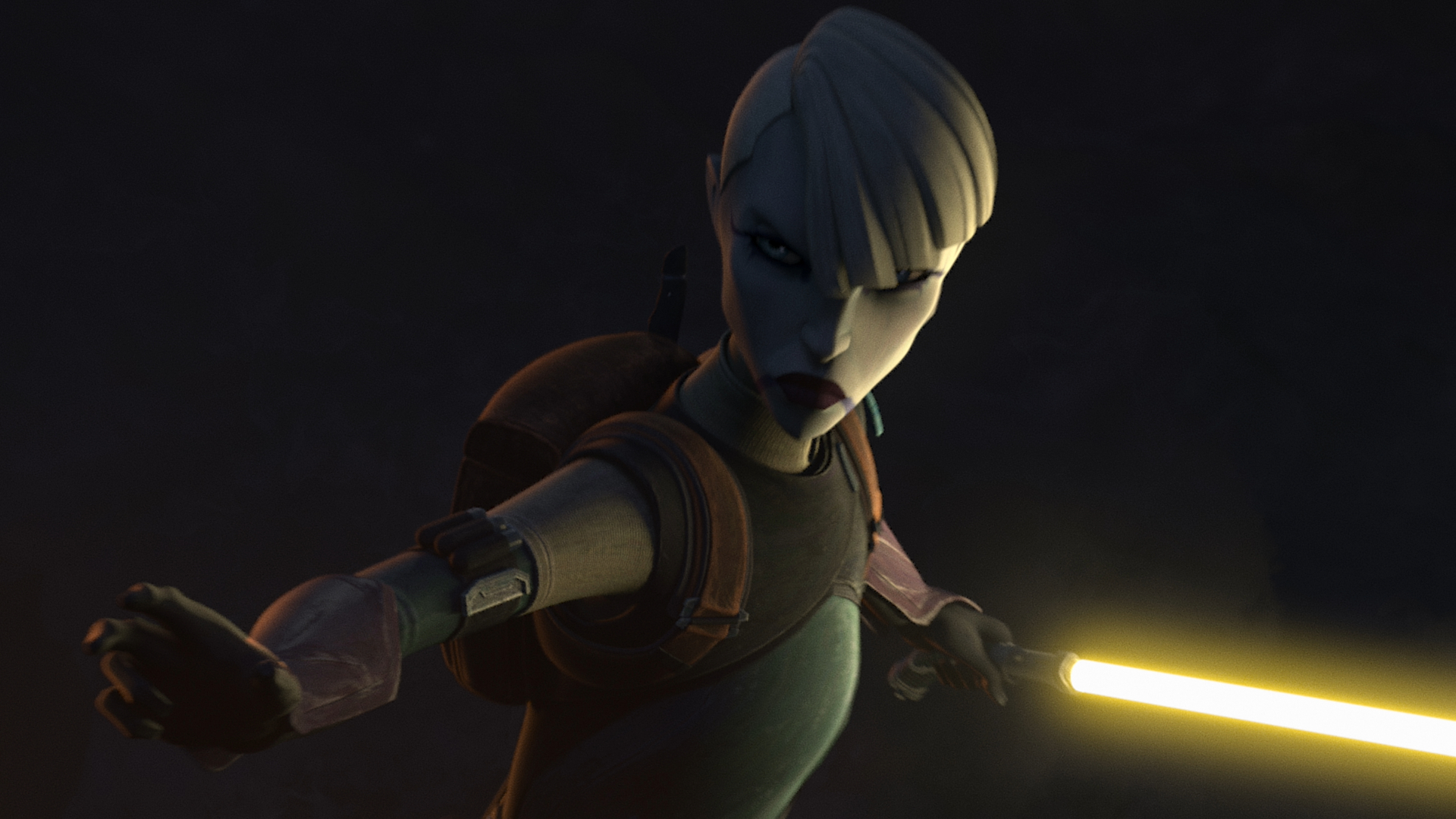


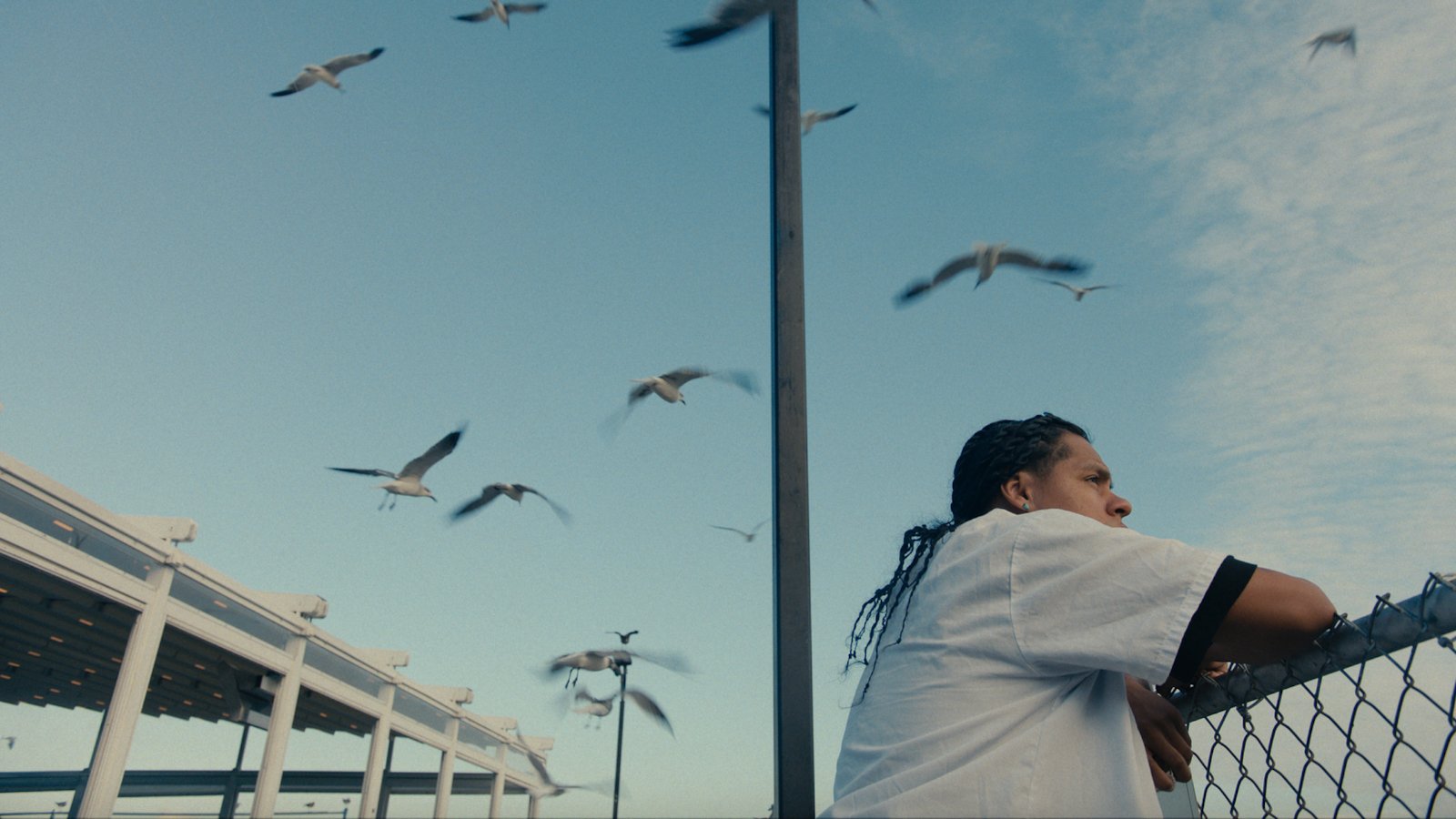

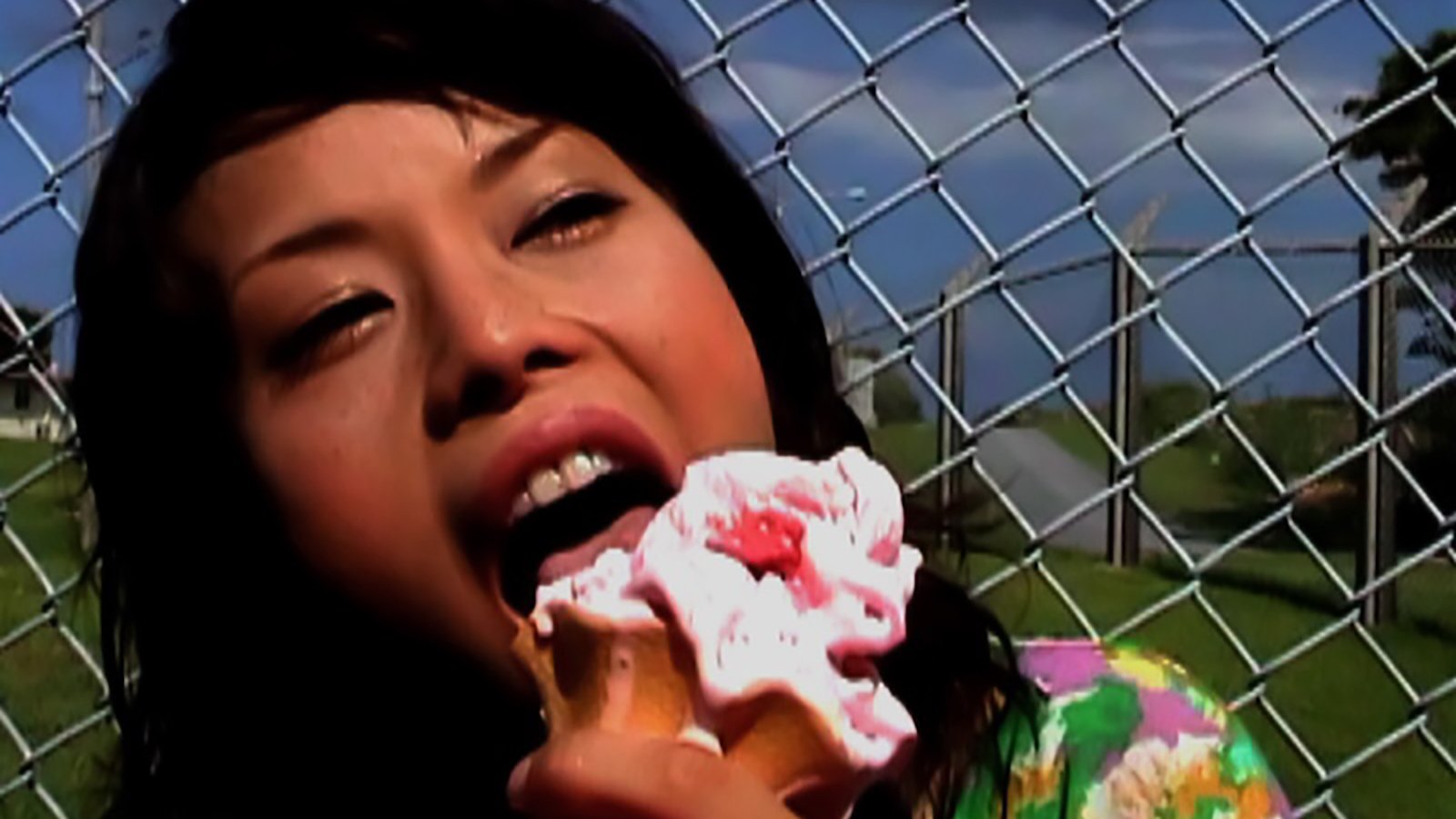

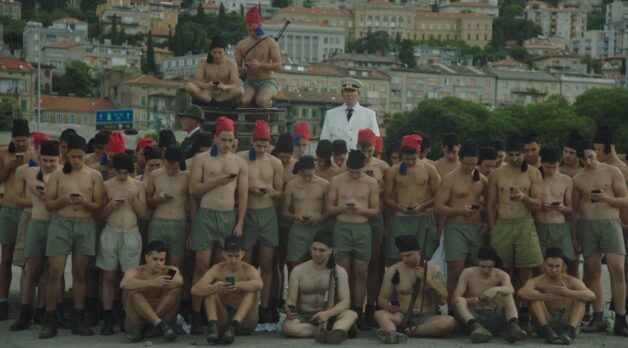
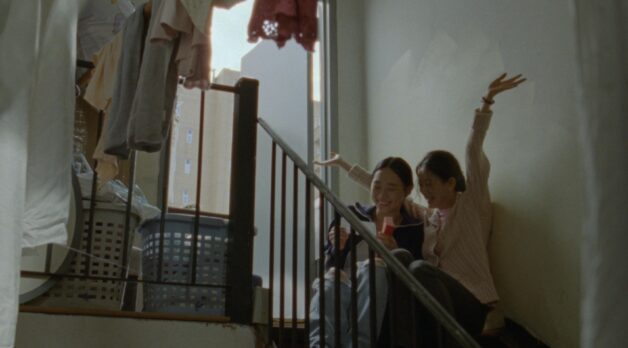






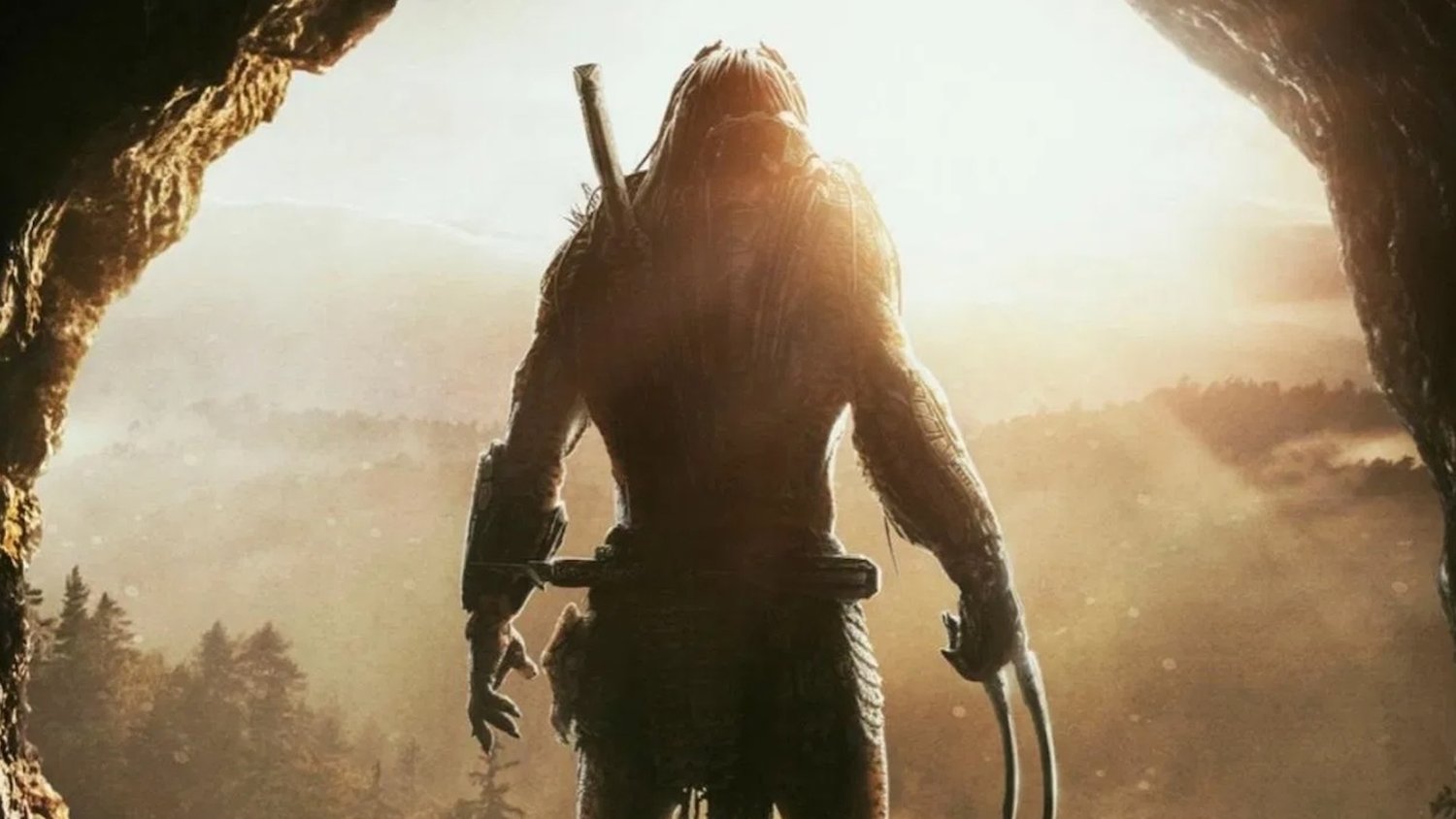
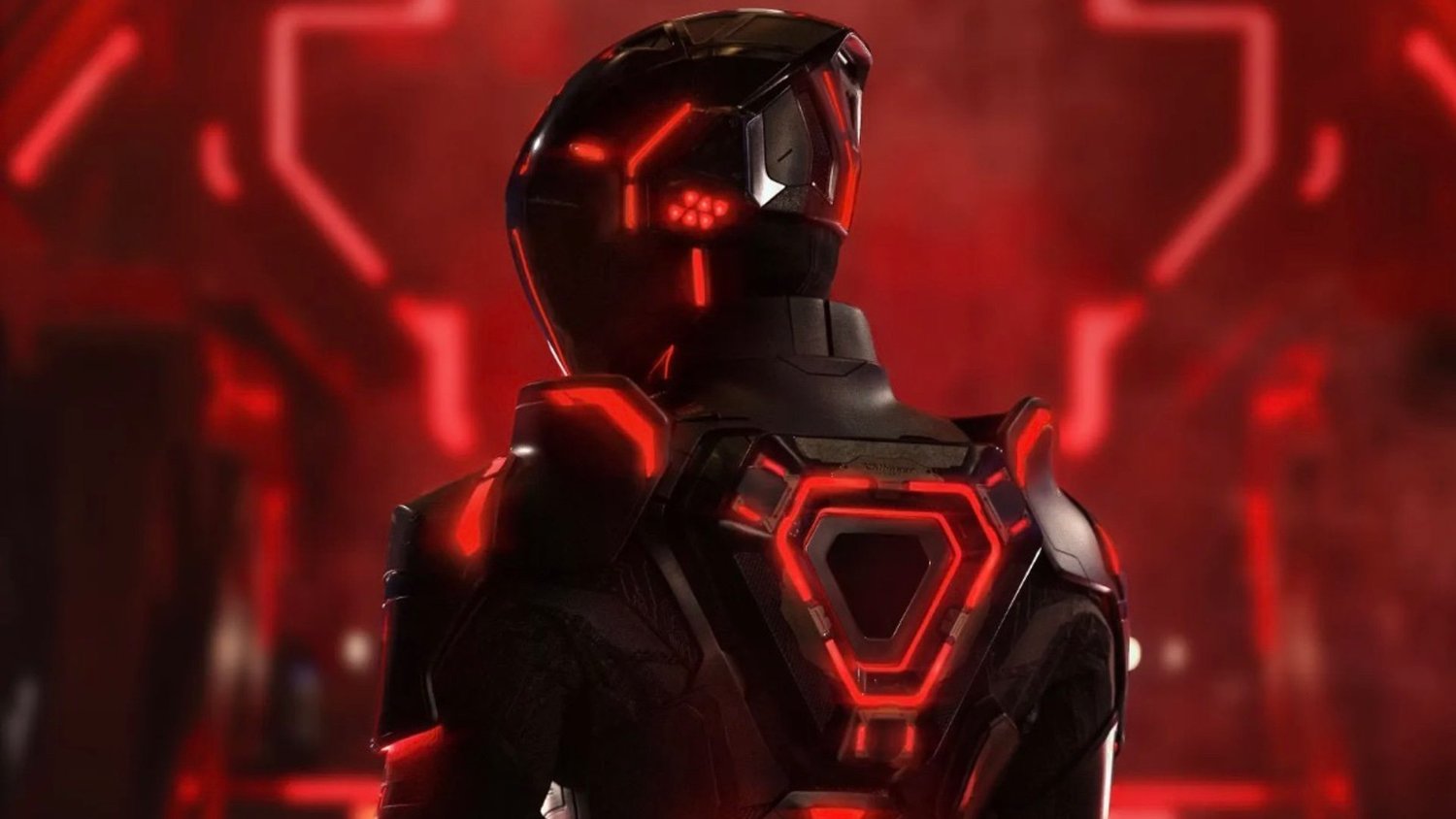







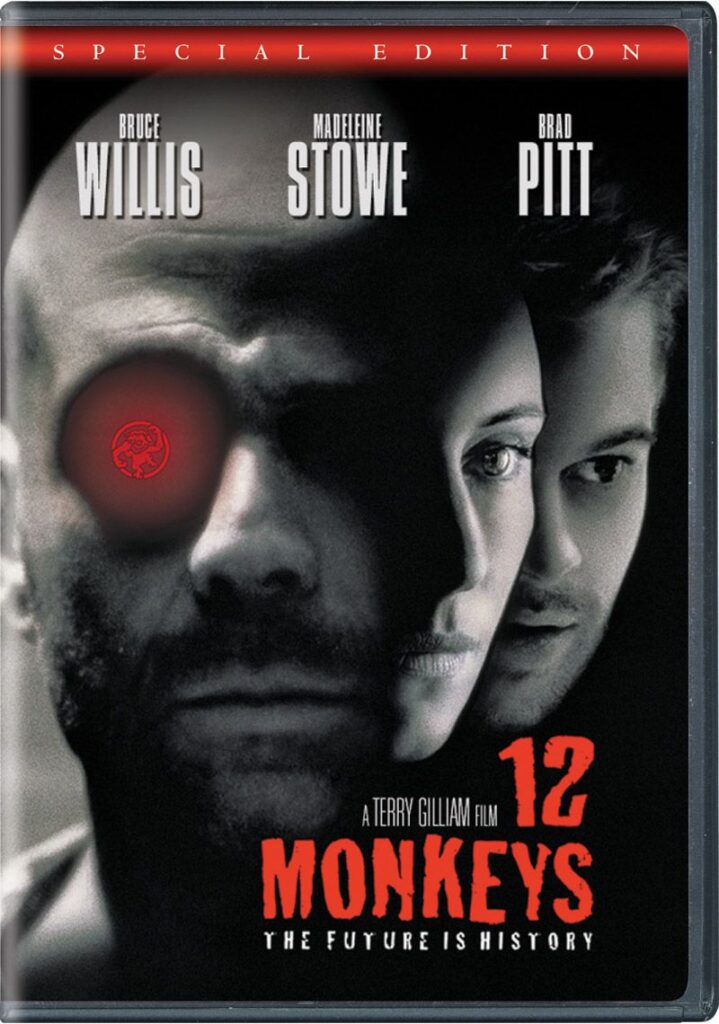
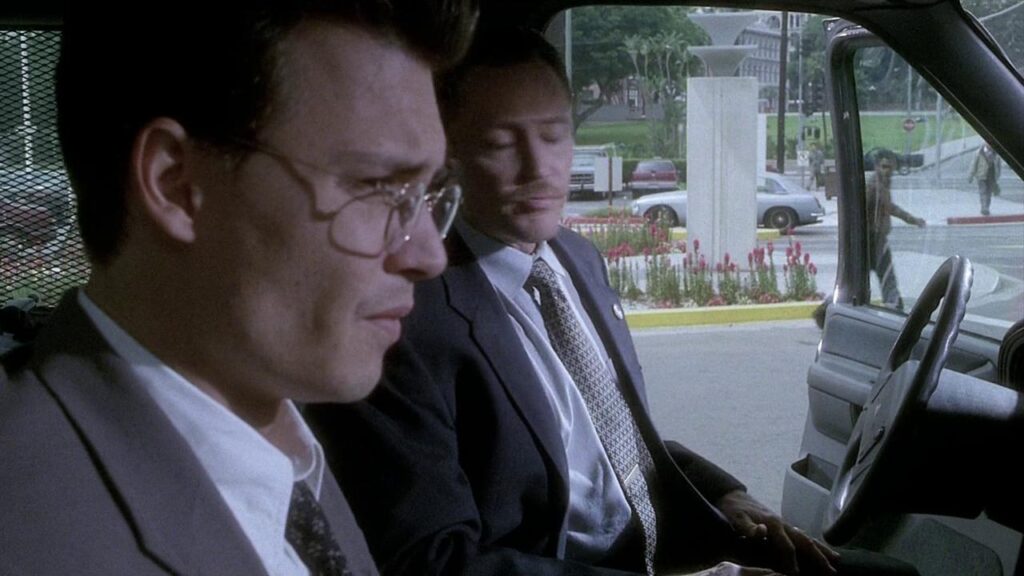


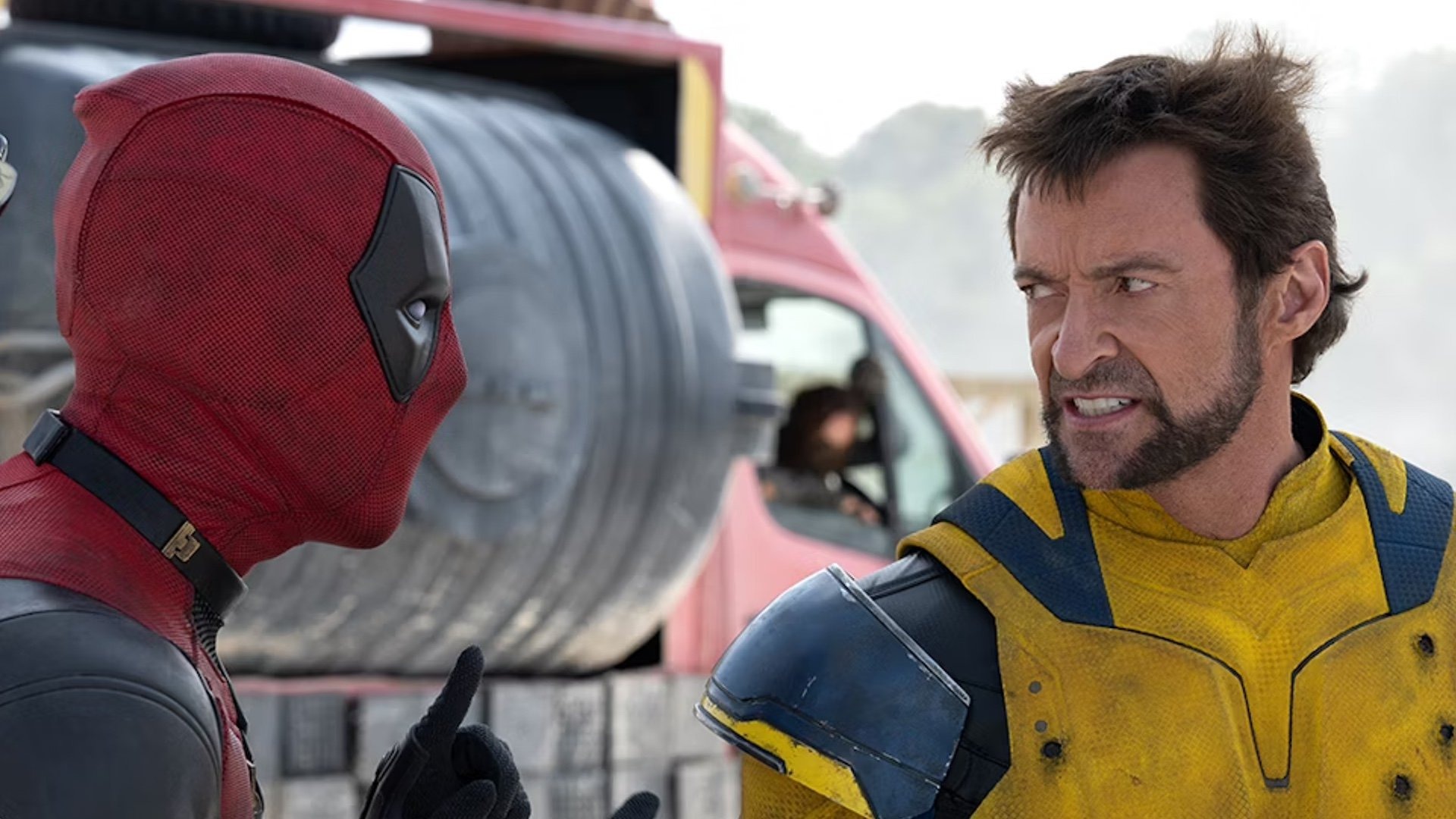
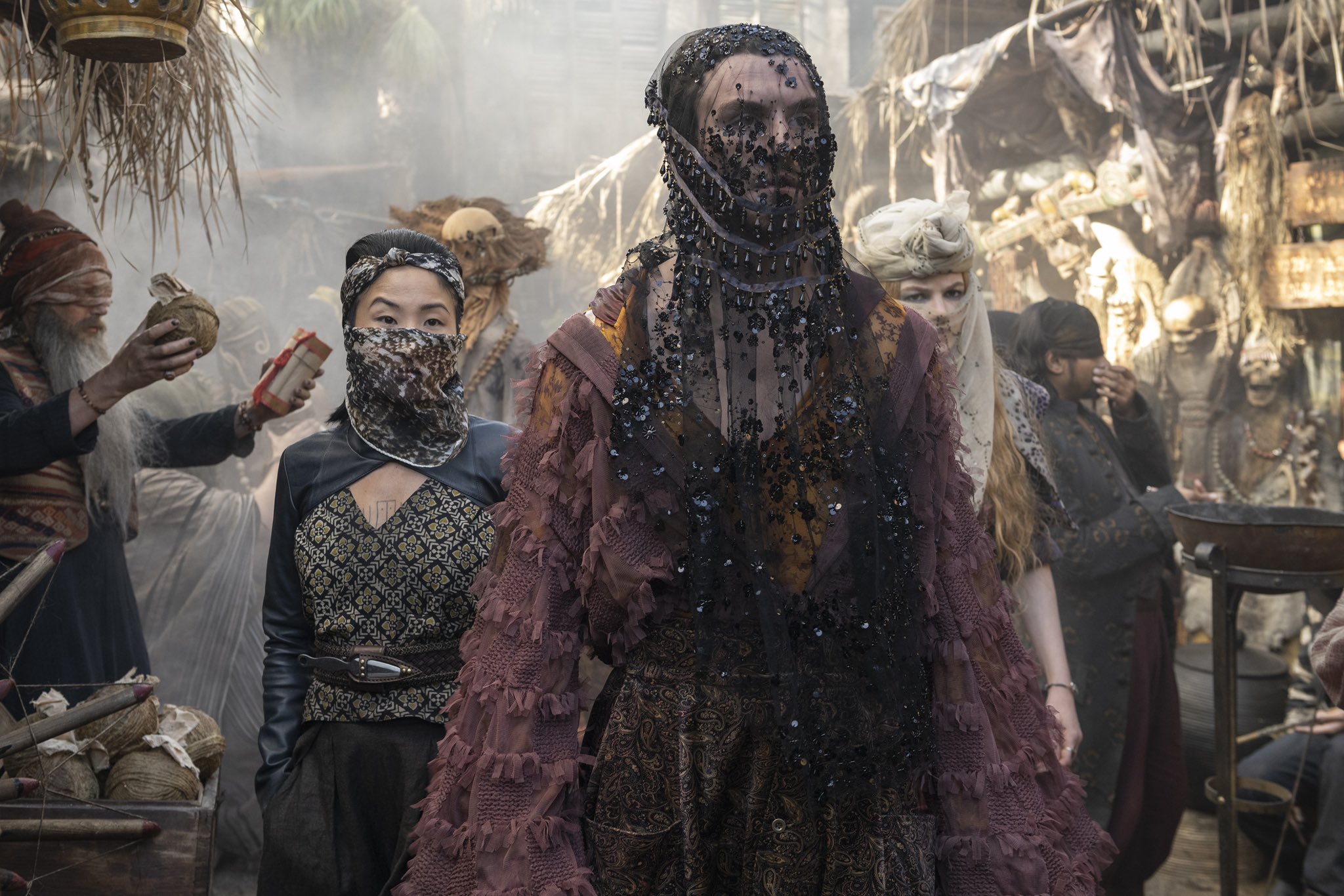



























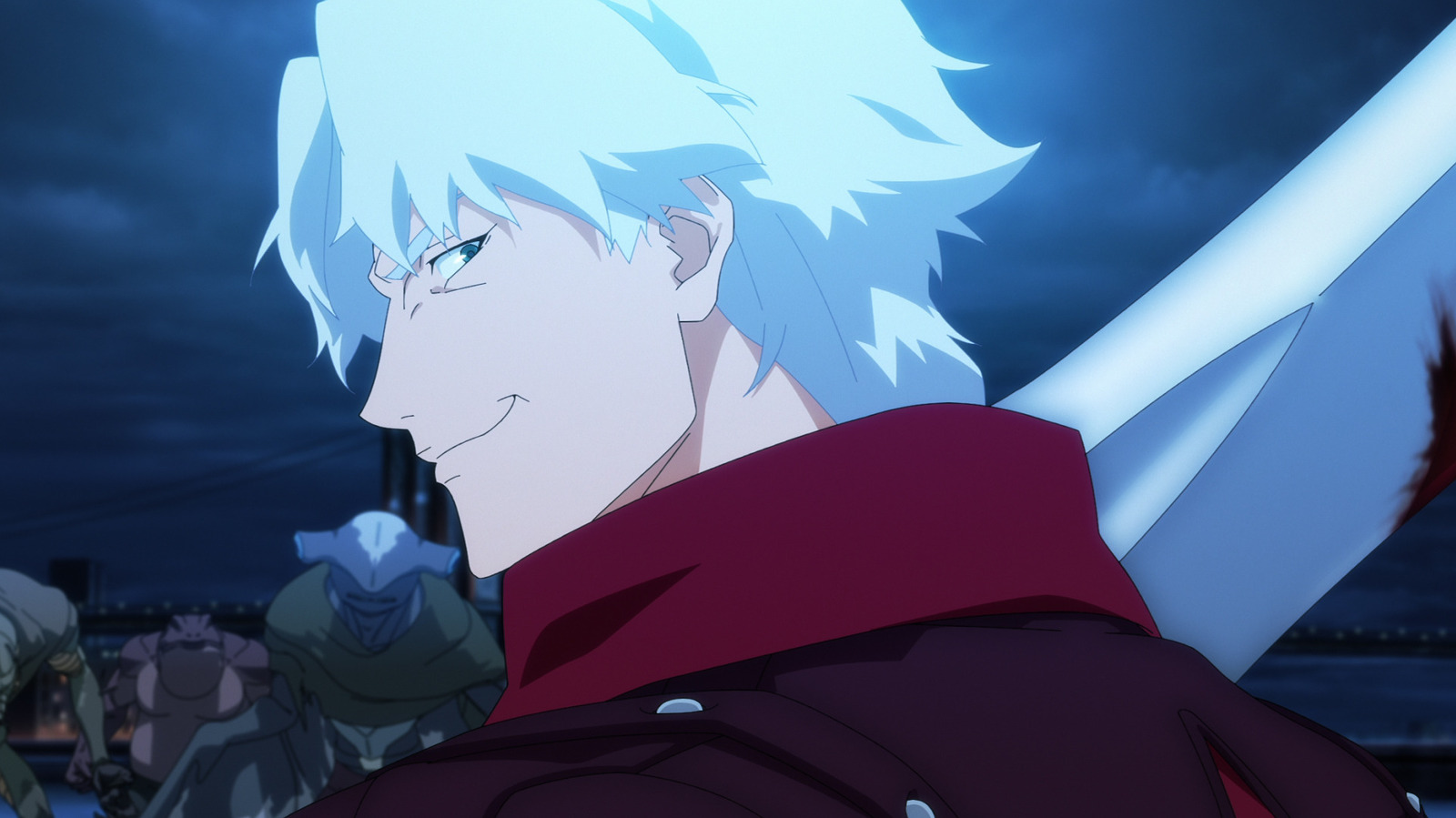












![‘Fantastic Four: The First Steps,’ ‘Thunderbolts,’ ‘Tron: Aries,’ Top Walt Disney Studios Previews [CinemaCon]](https://cdn.theplaylist.net/wp-content/uploads/2025/04/03215859/FantasticFourSS.jpg)







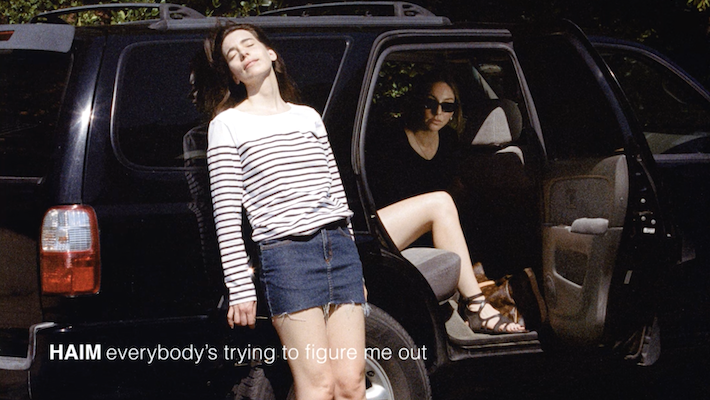








































































































![Naming Your Baby? That Choice Could Haunt Them On Every Airline Upgrade List [Roundup]](https://viewfromthewing.com/wp-content/uploads/2025/04/upgrade-list.webp?#)








